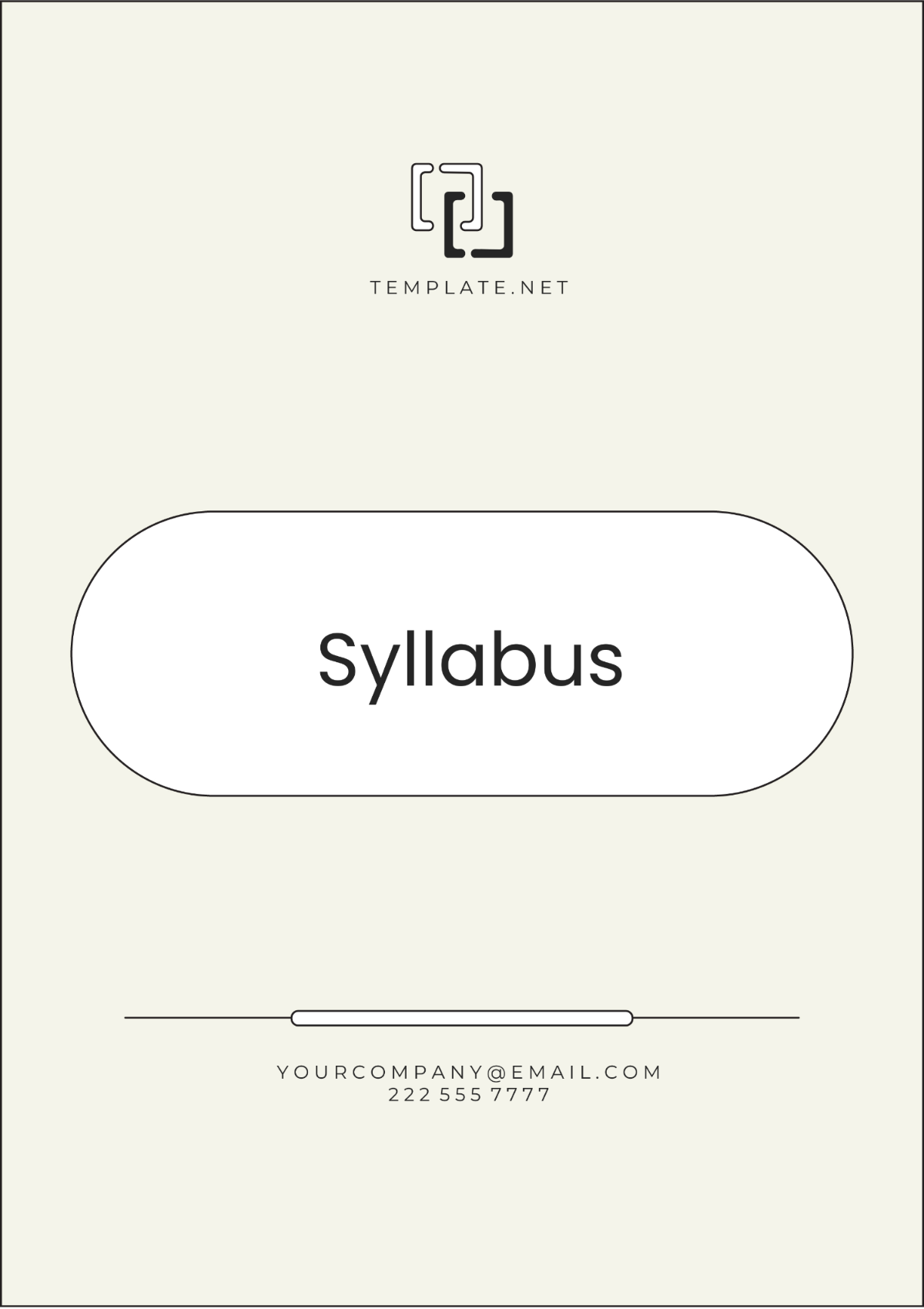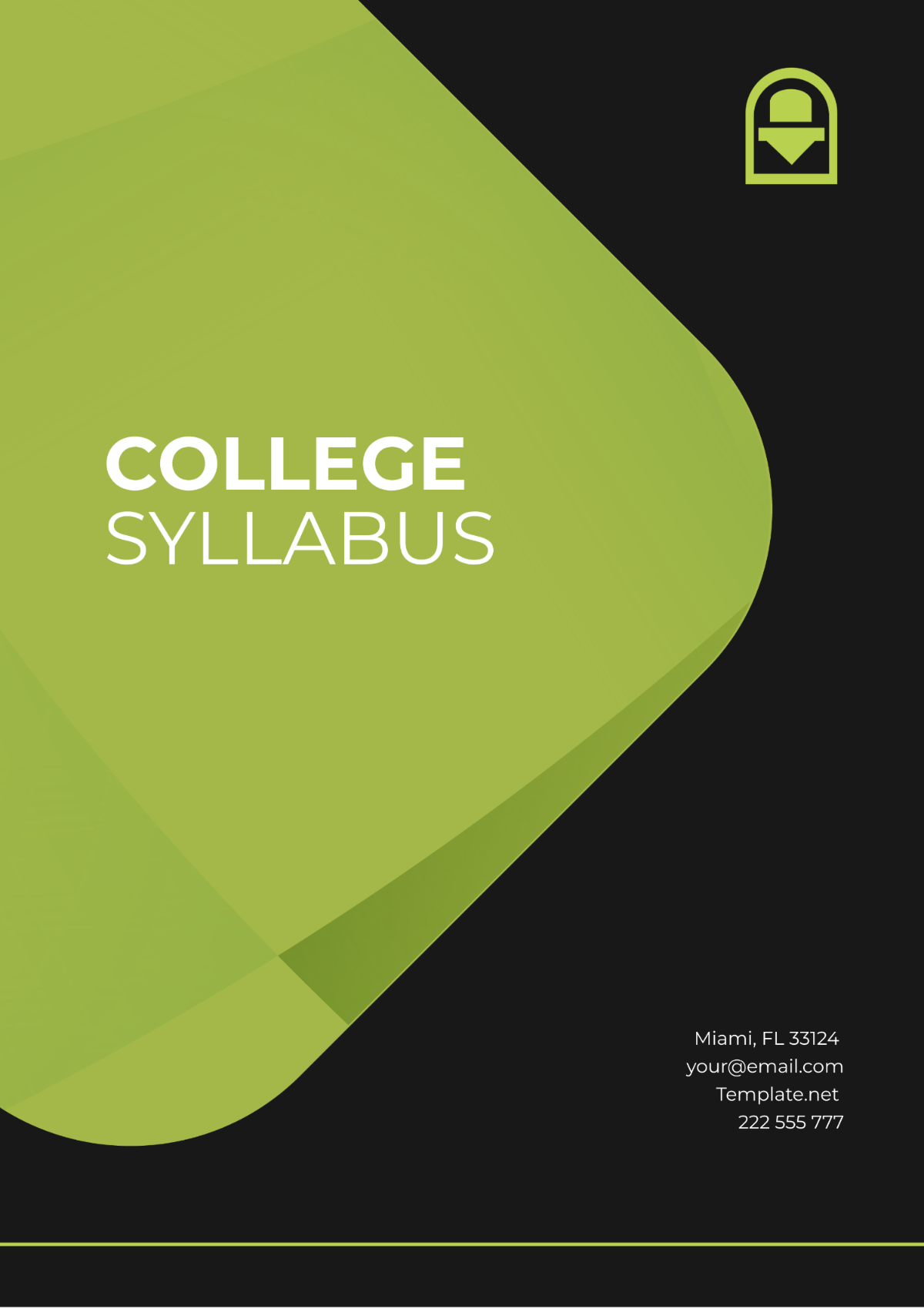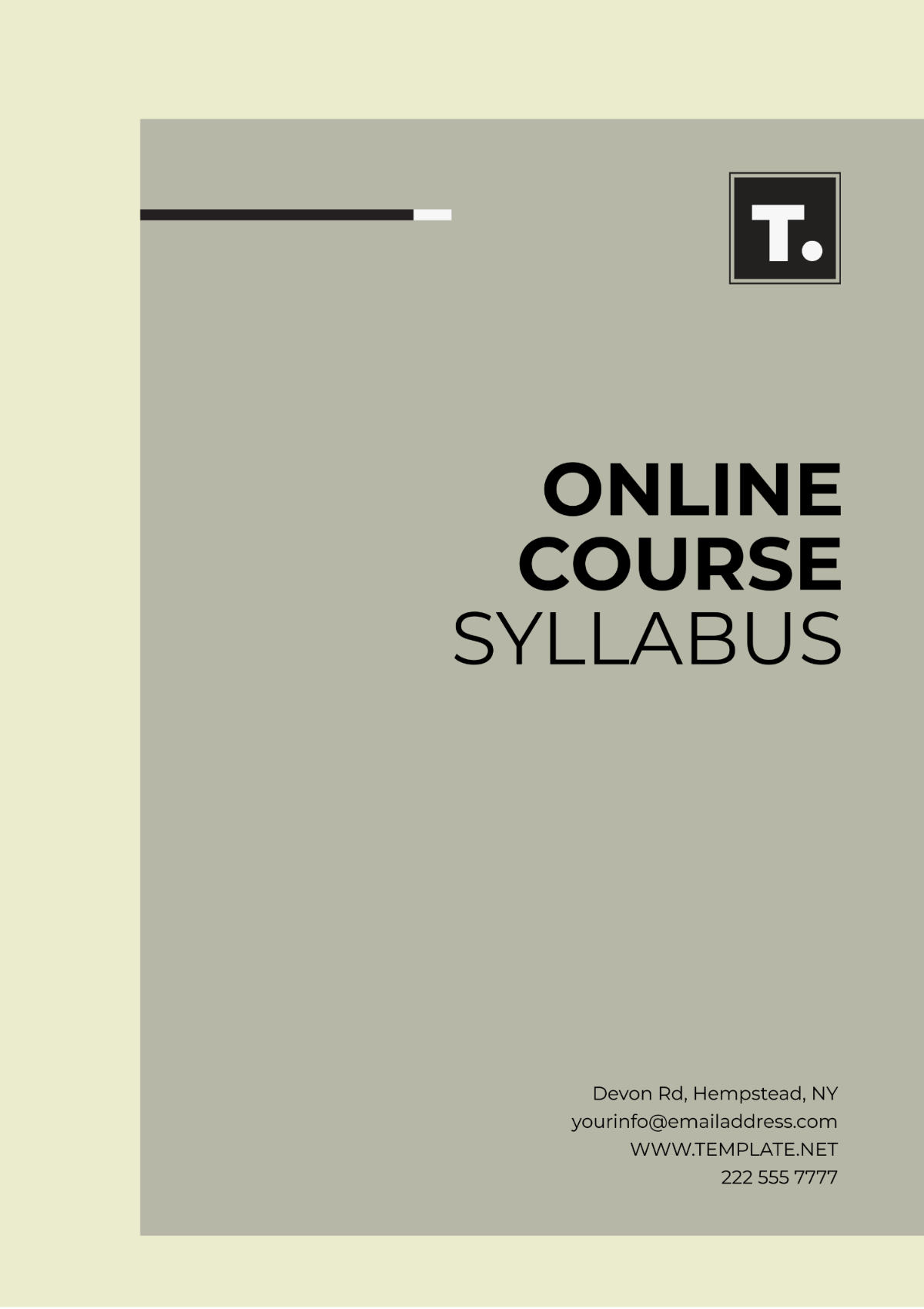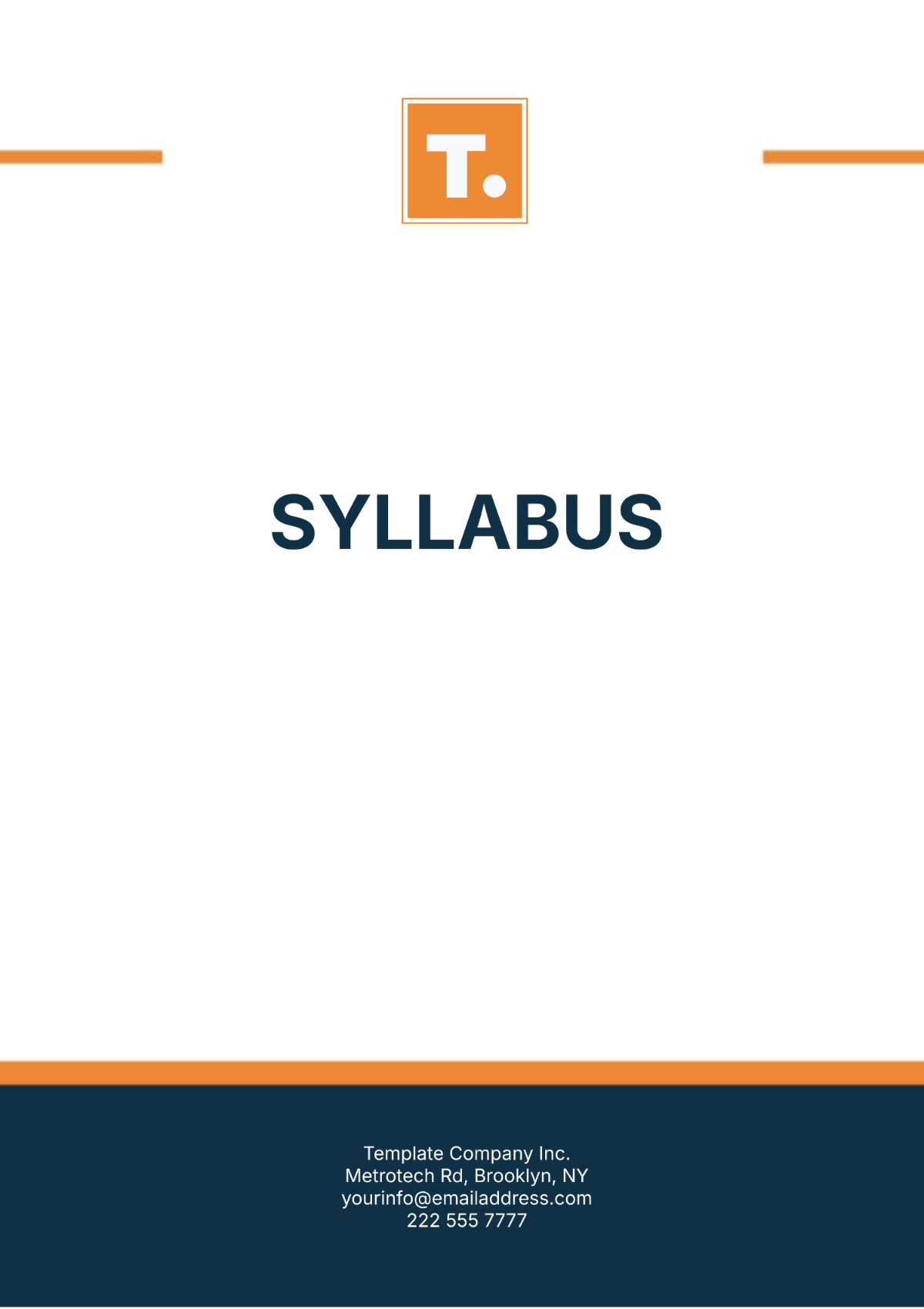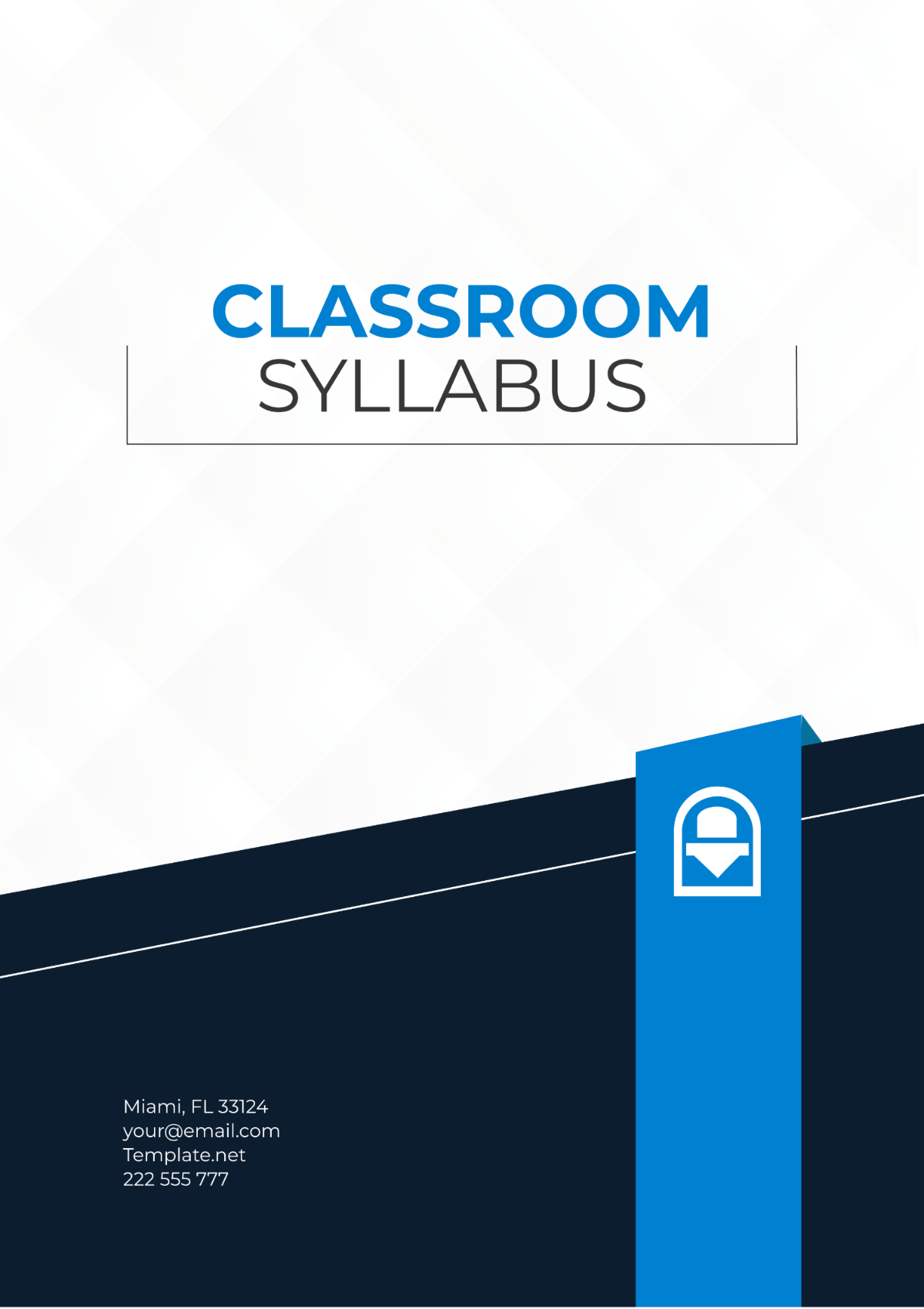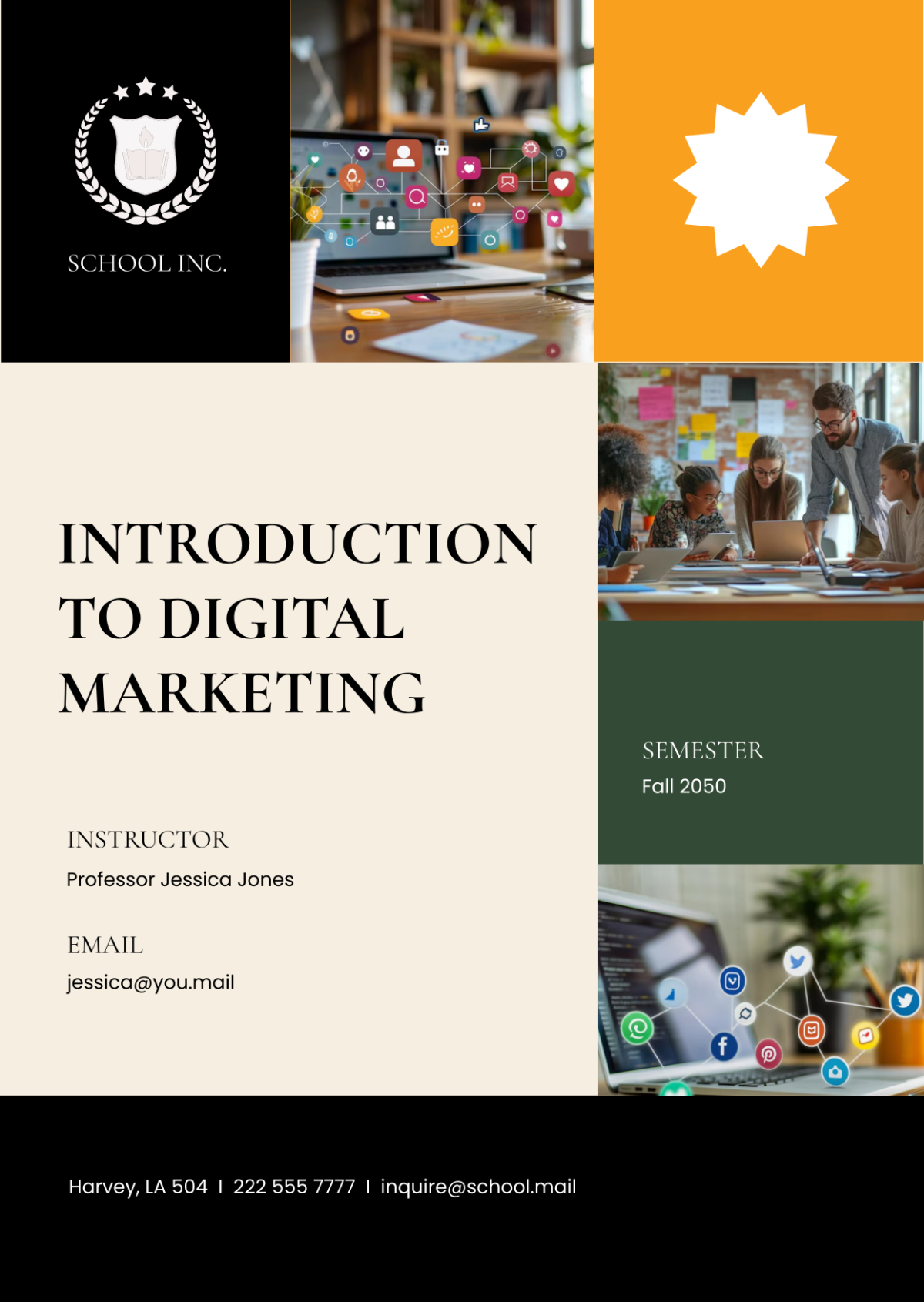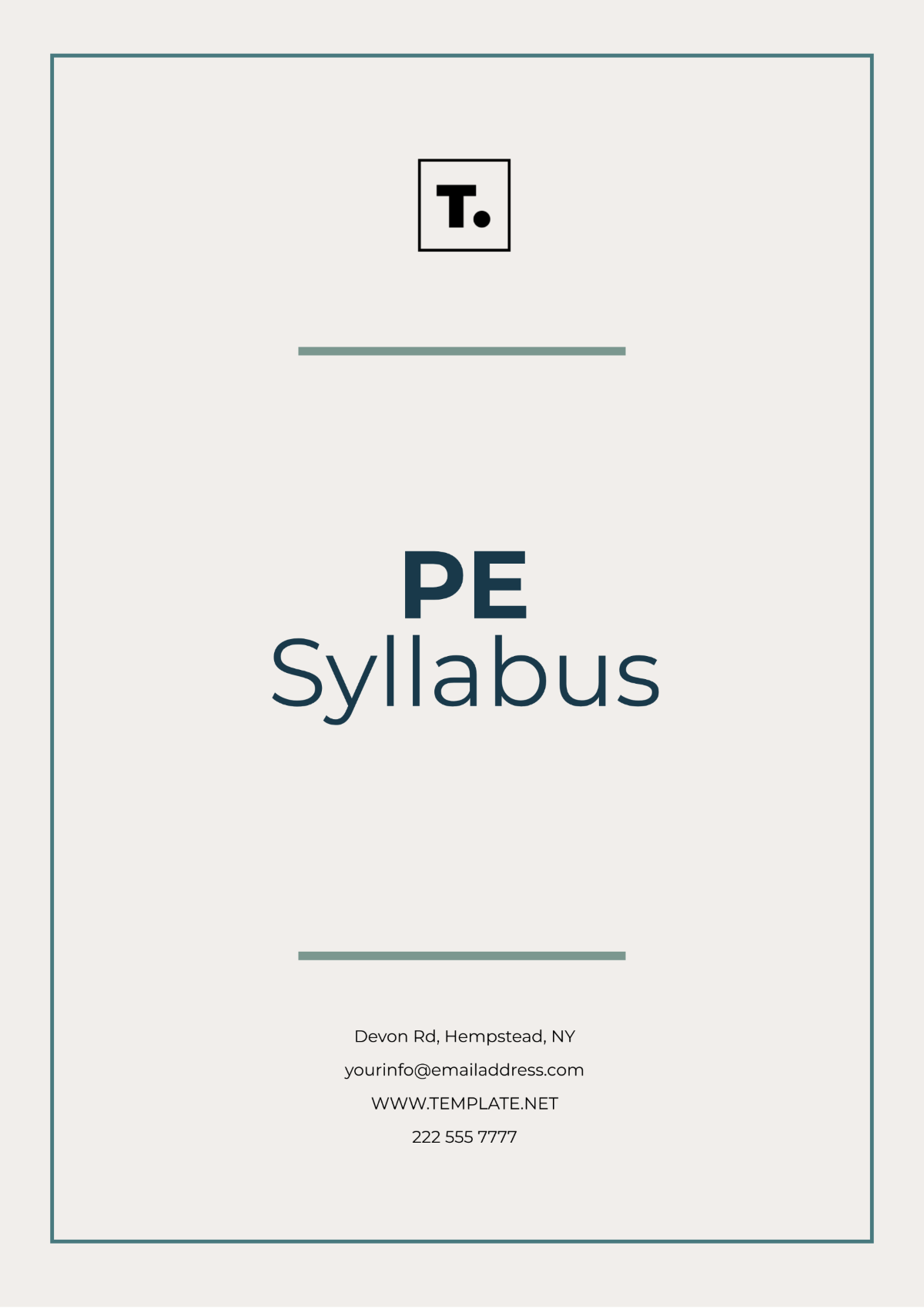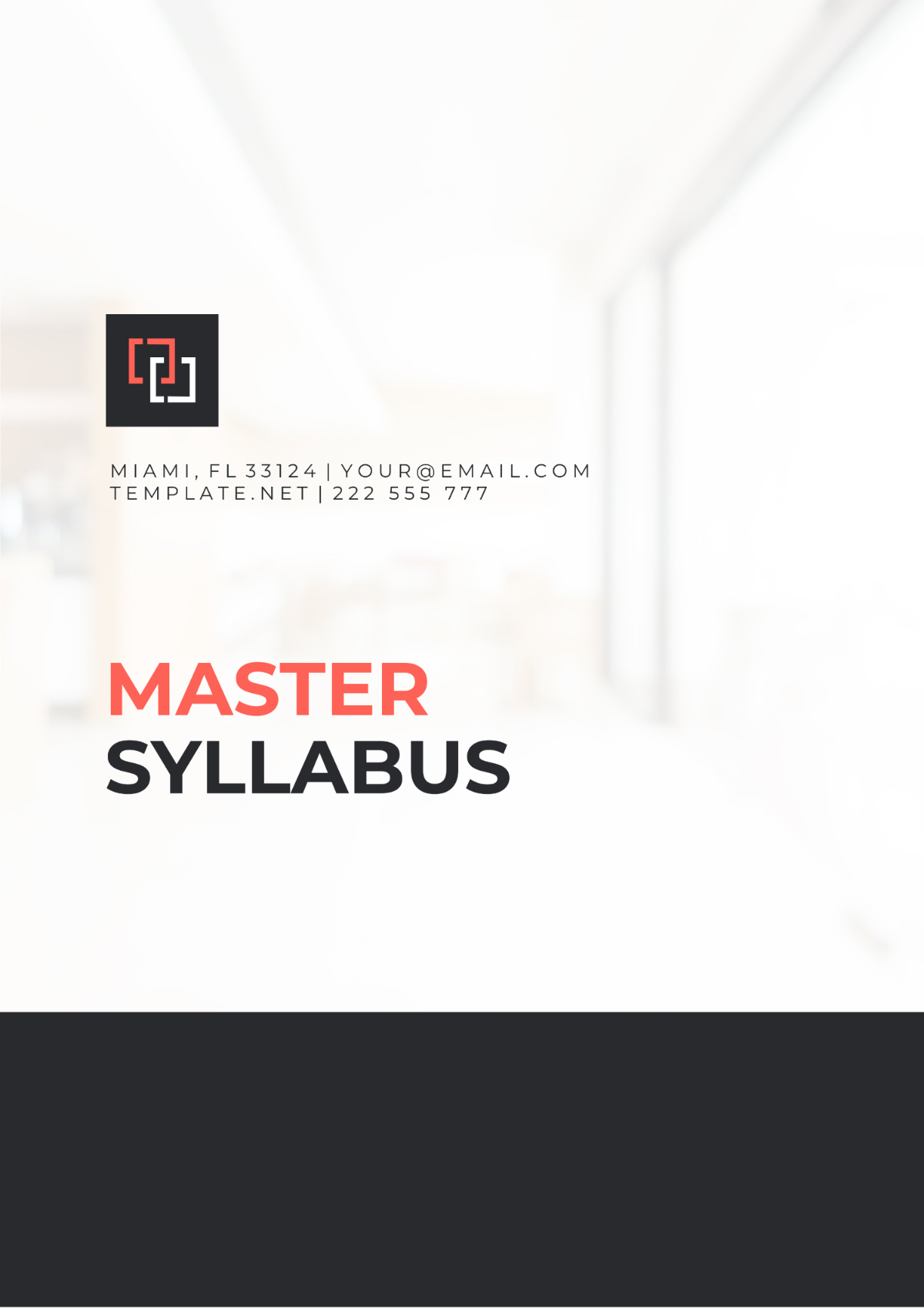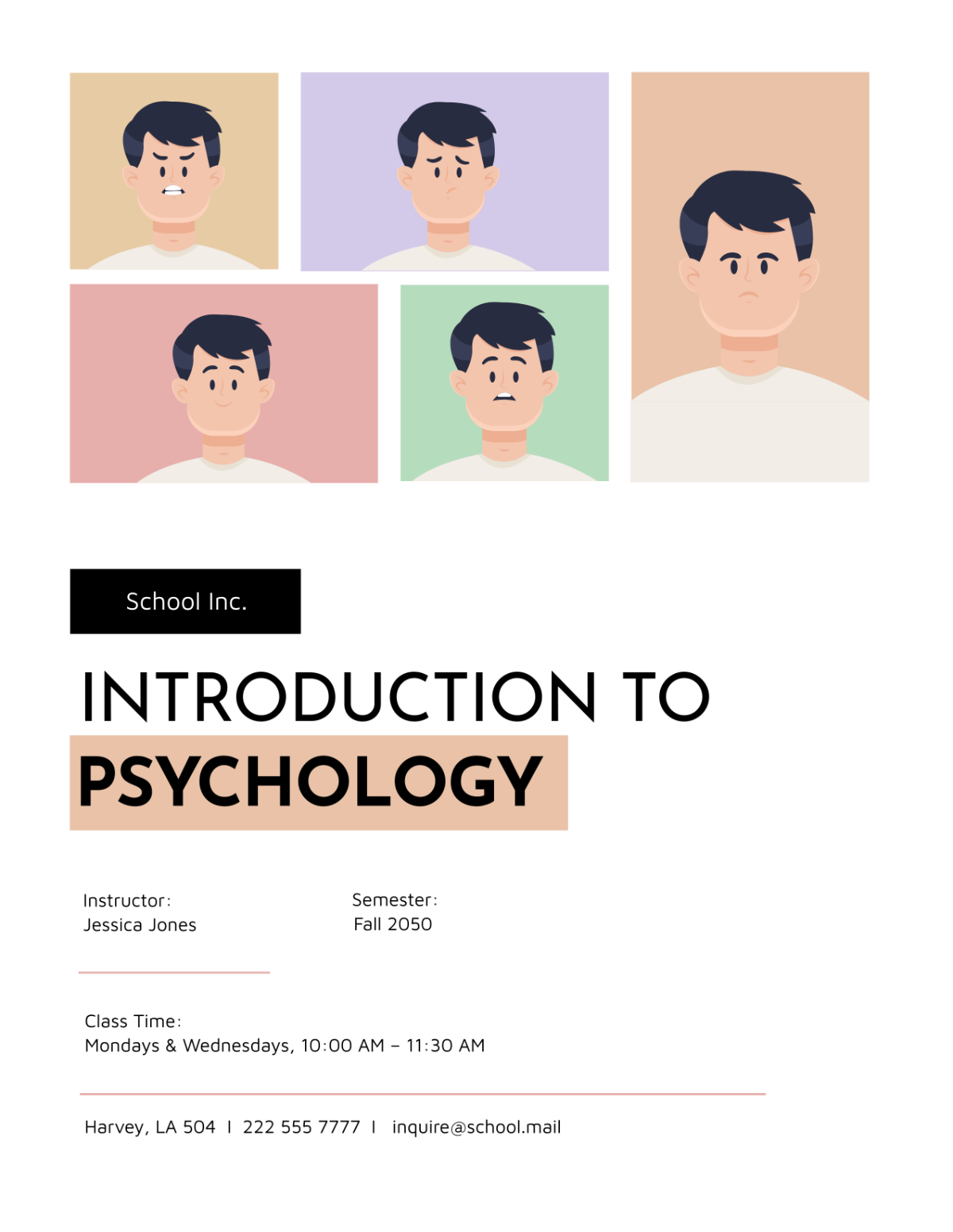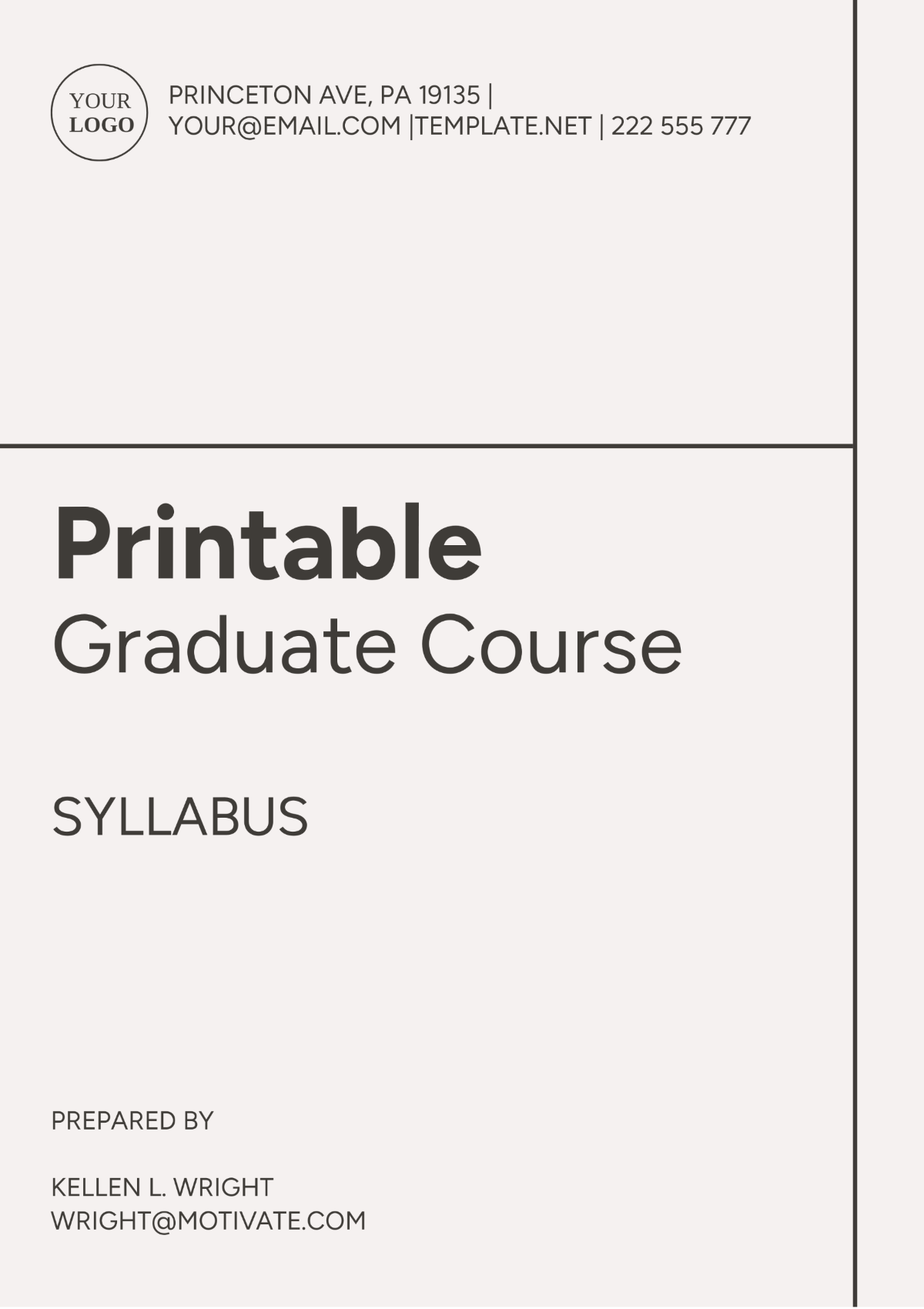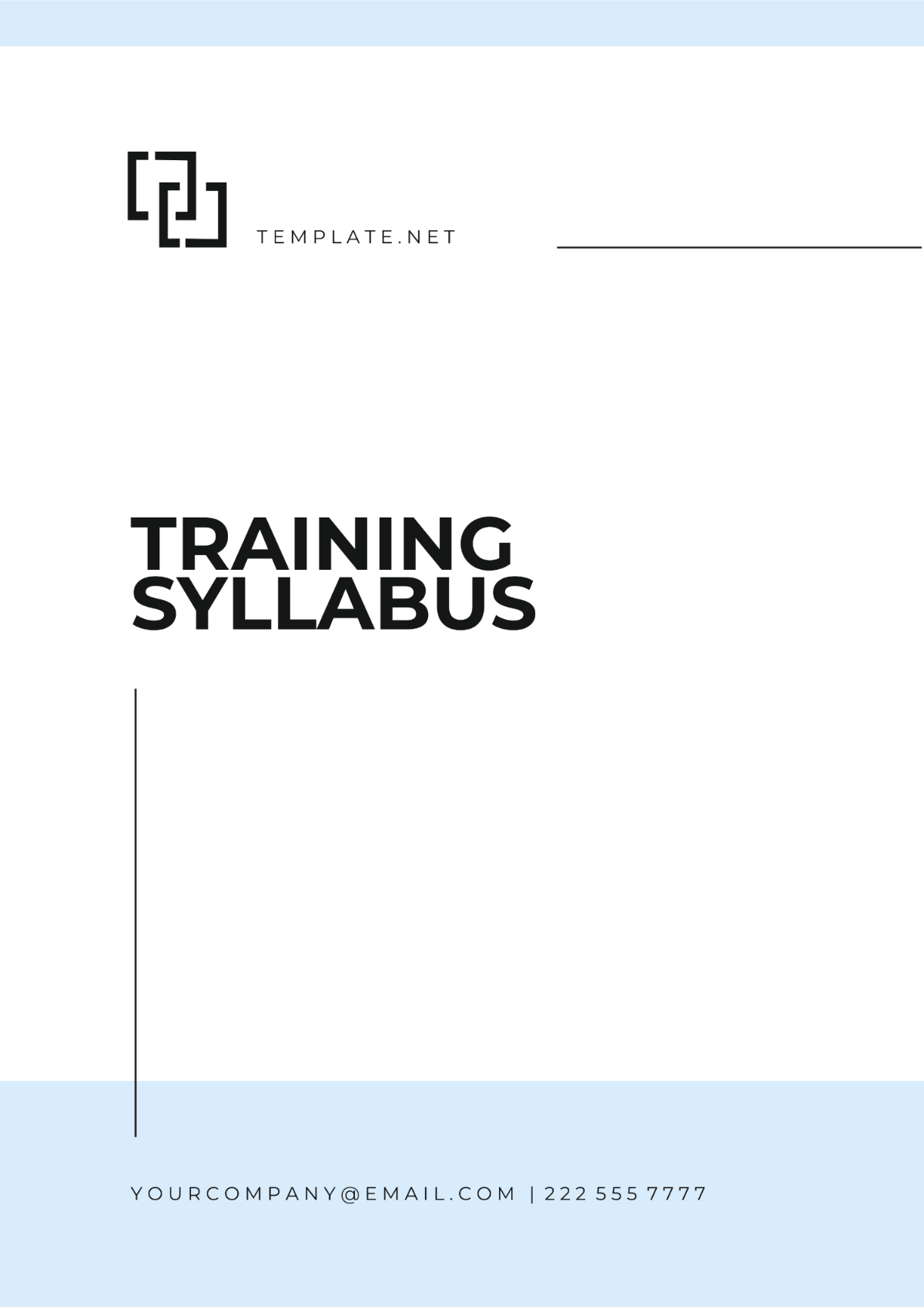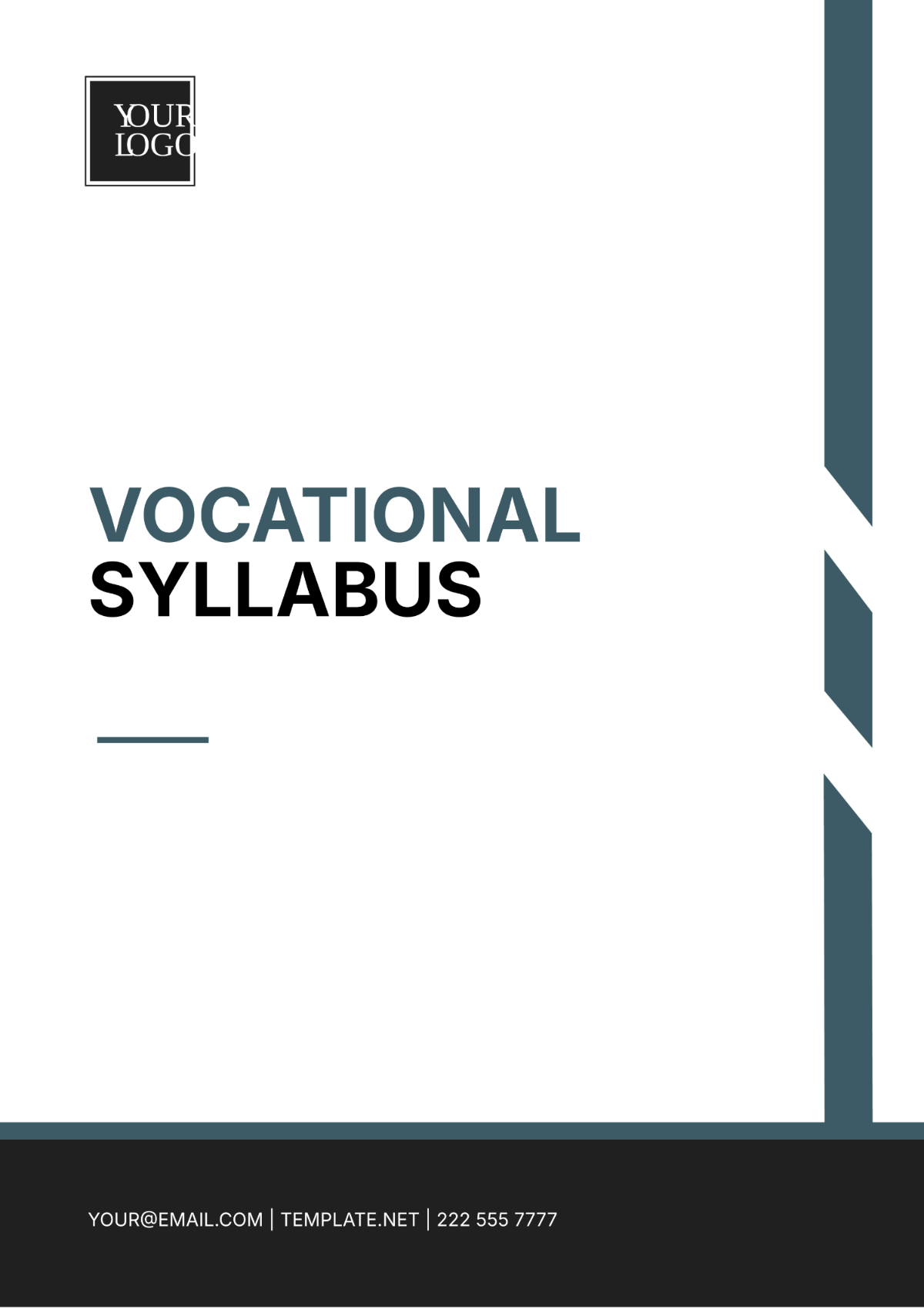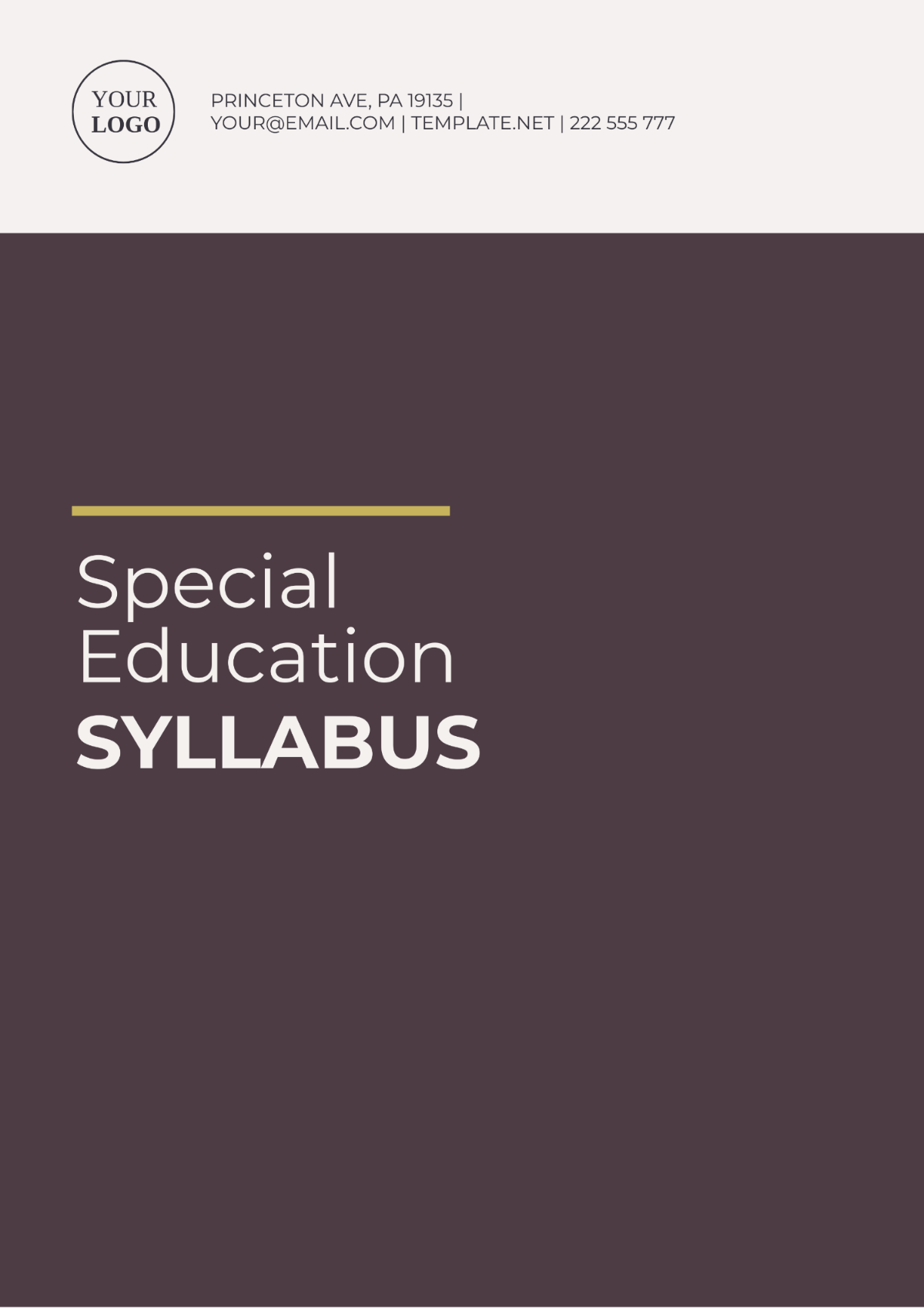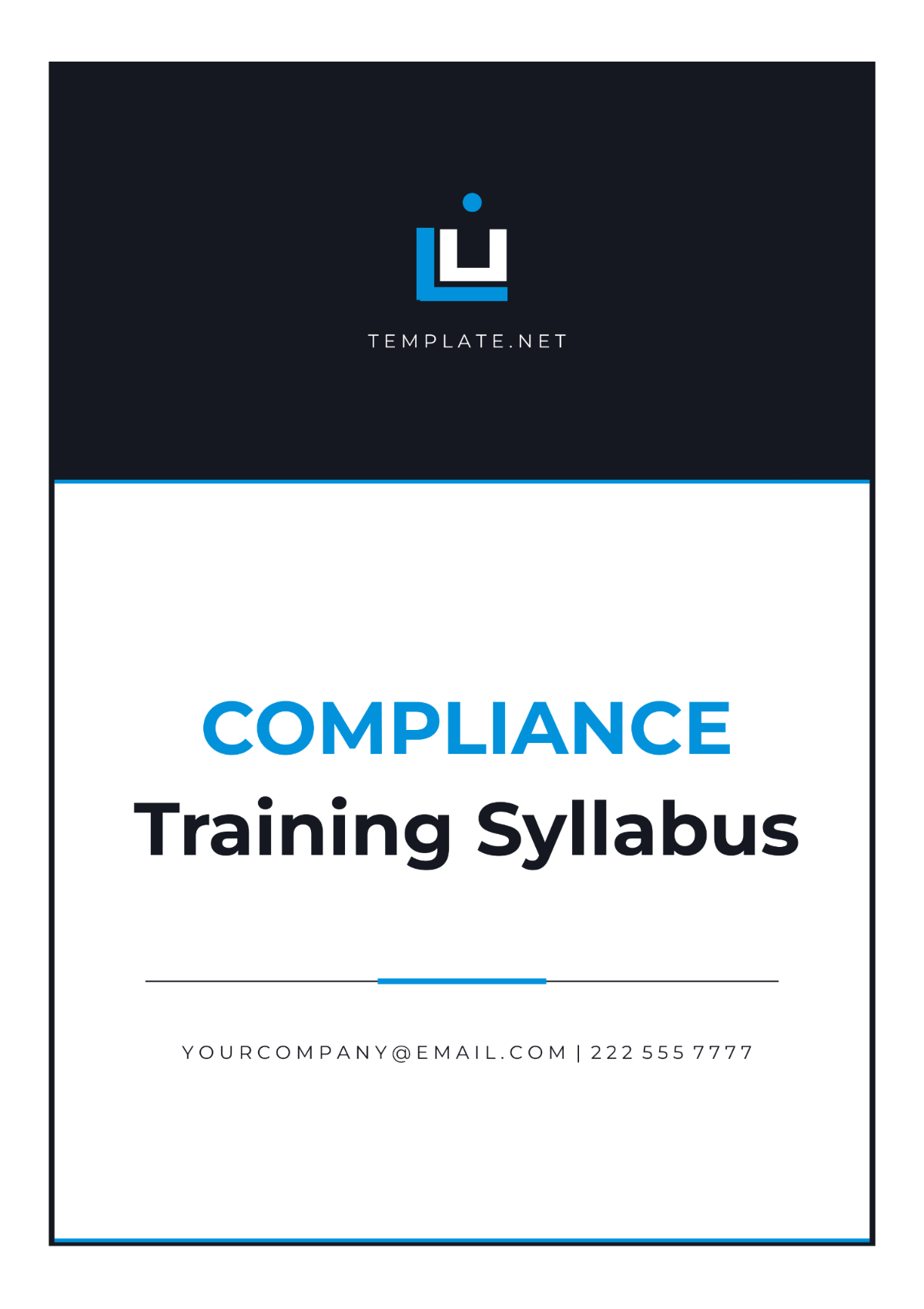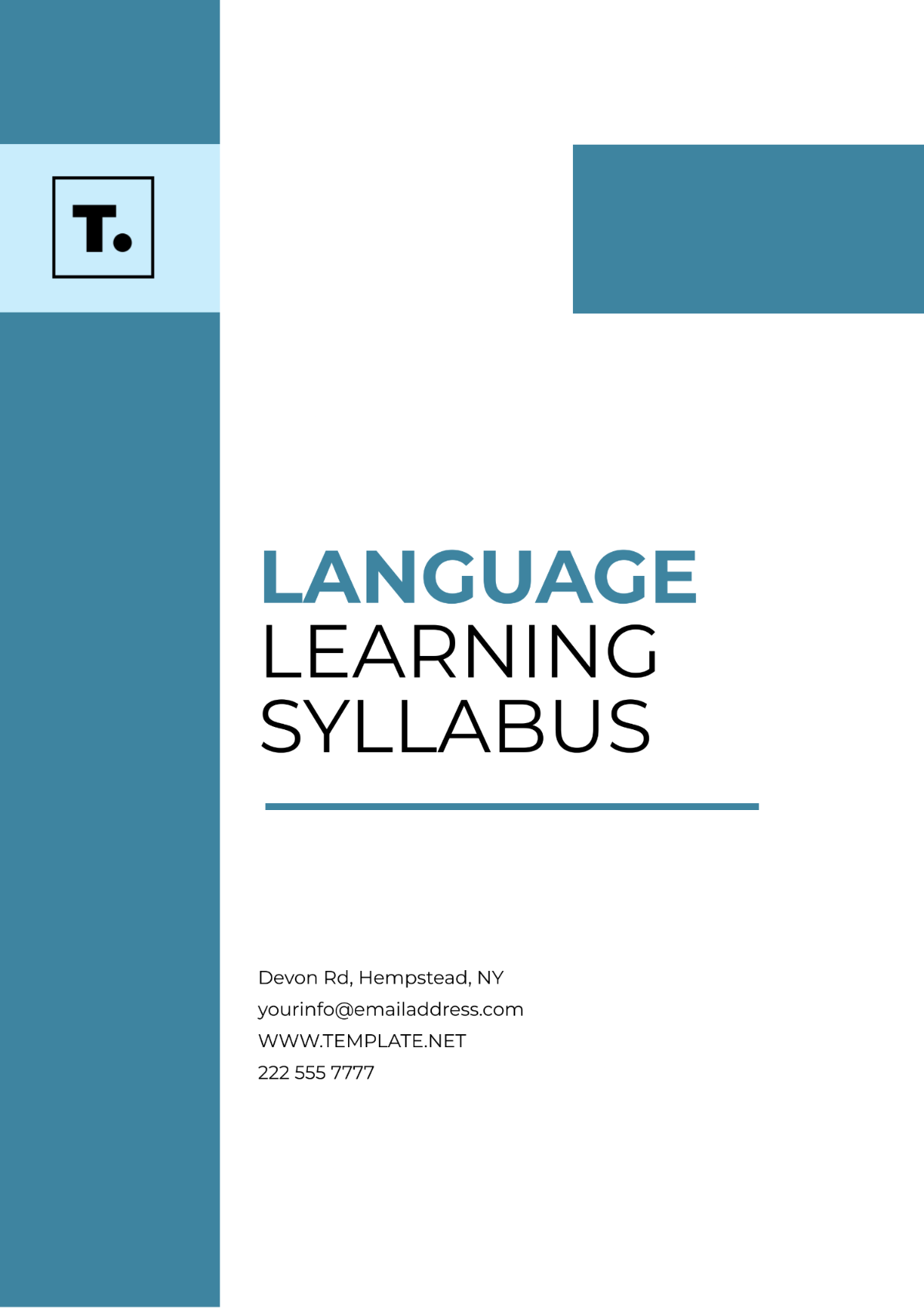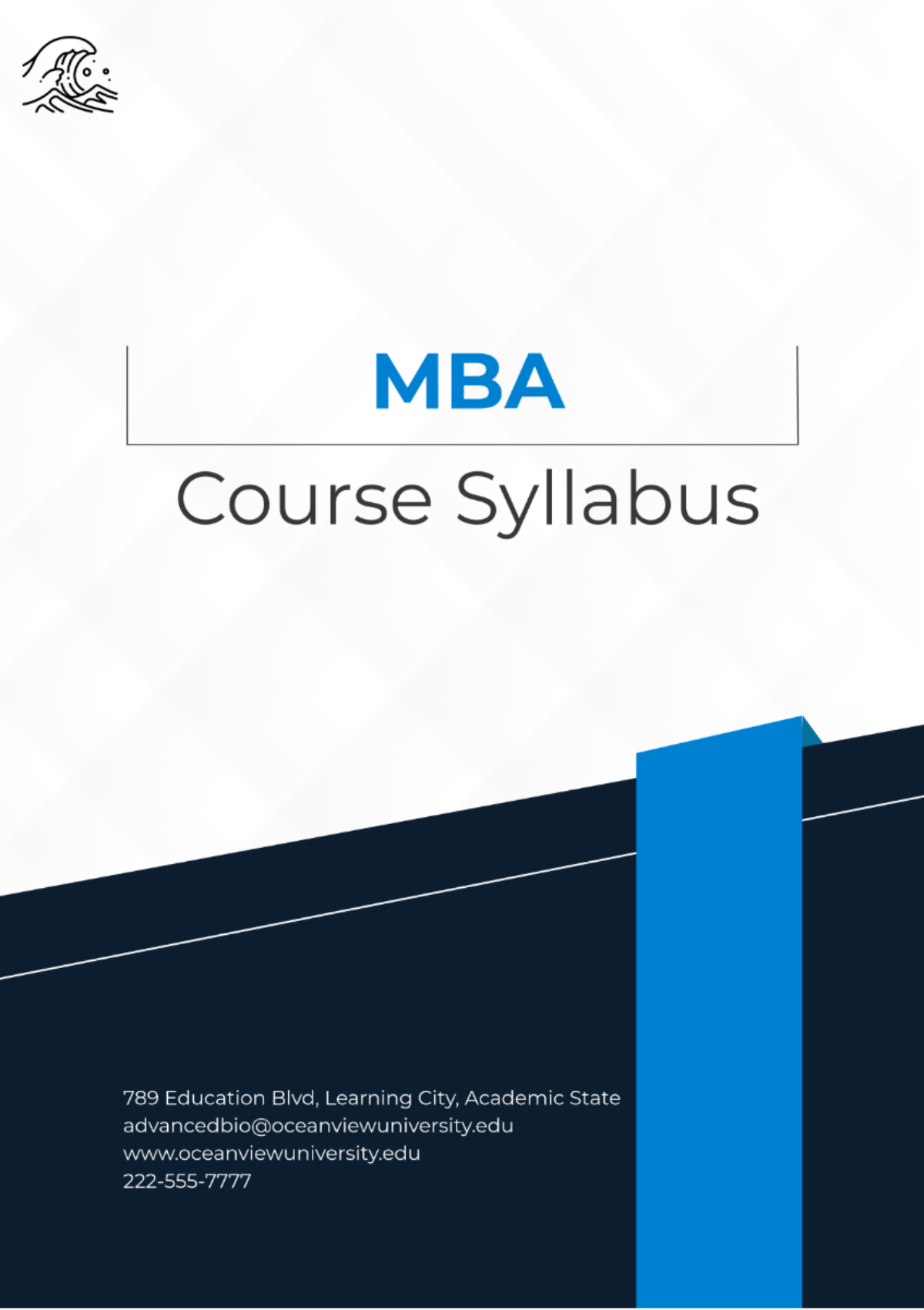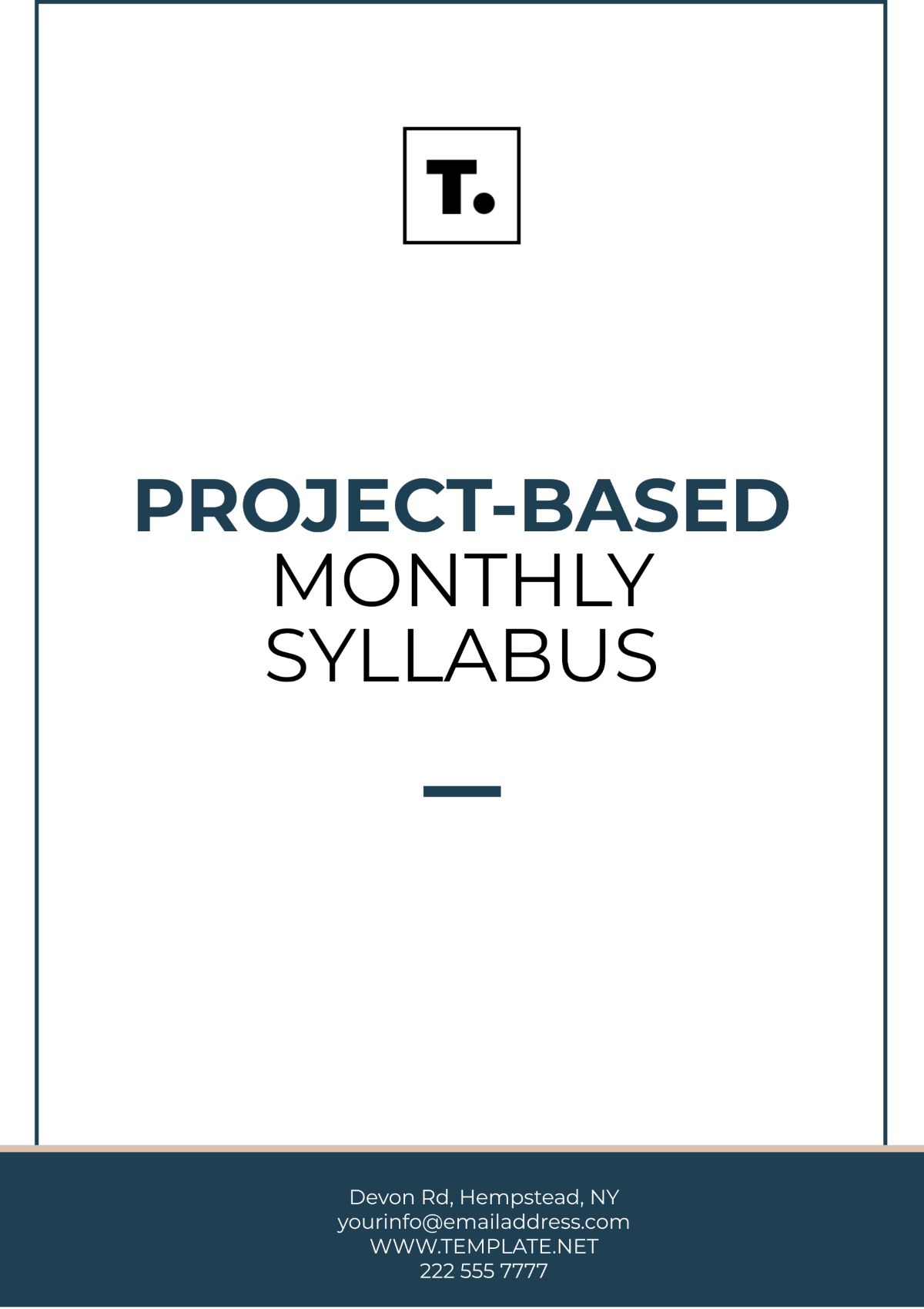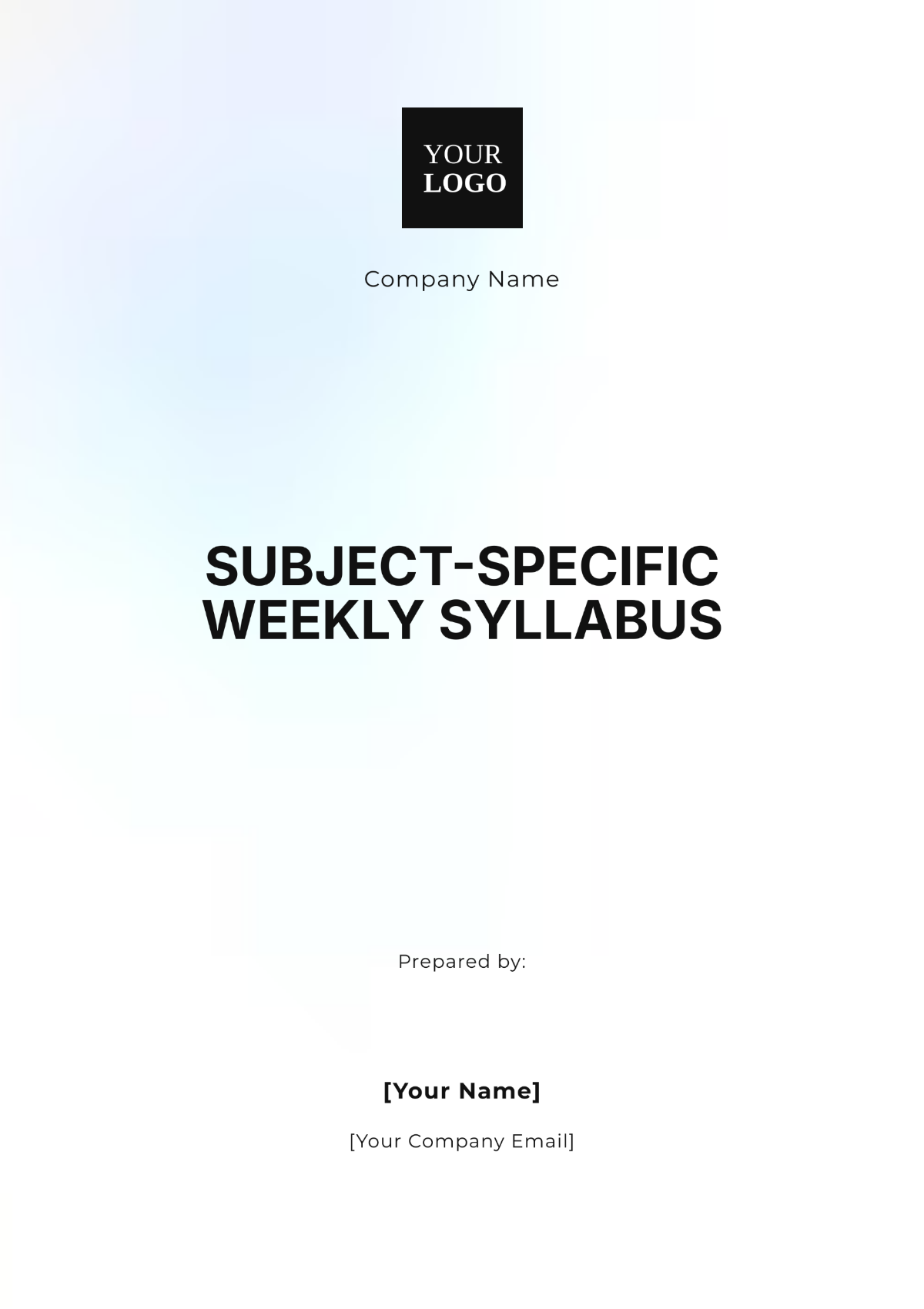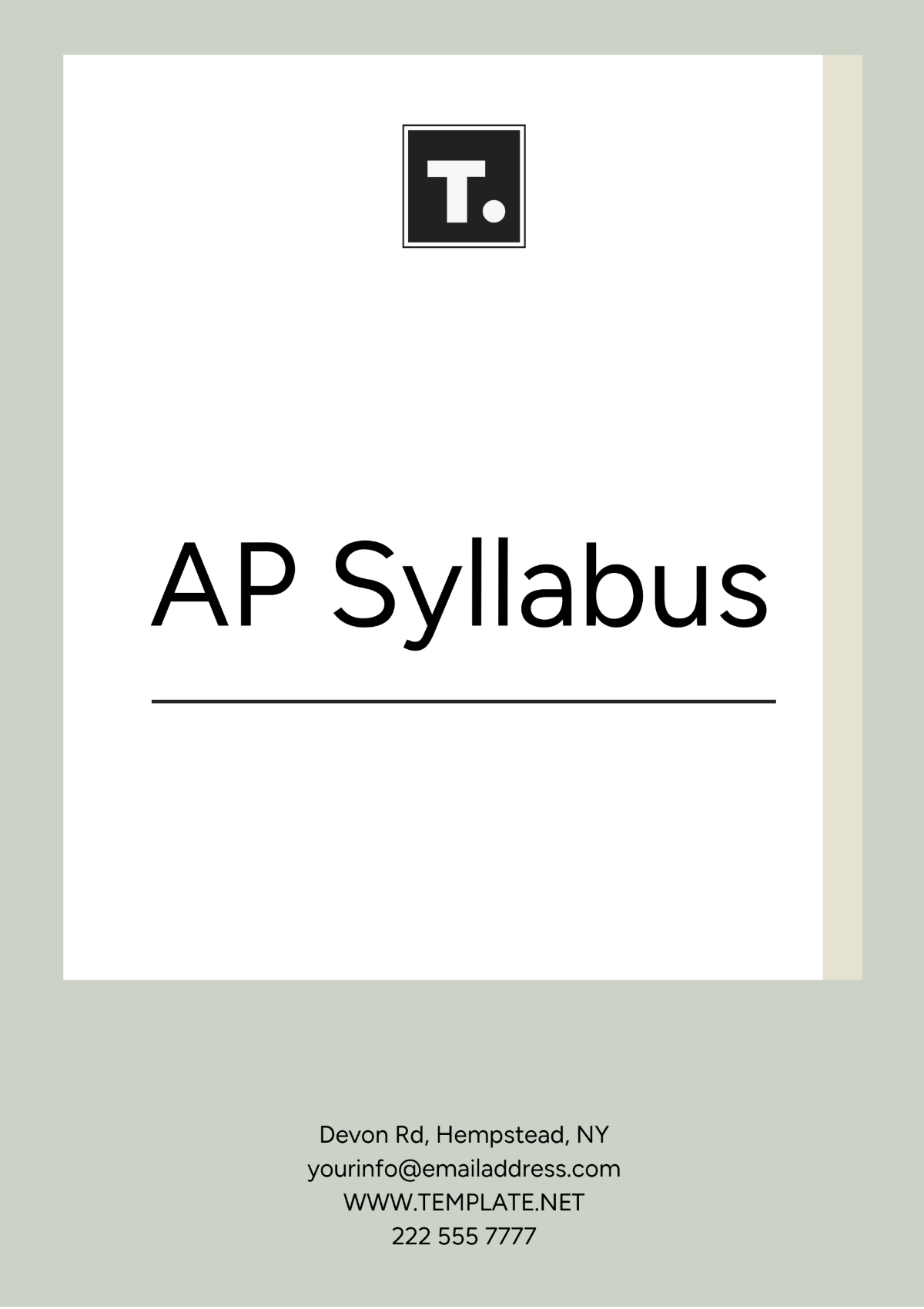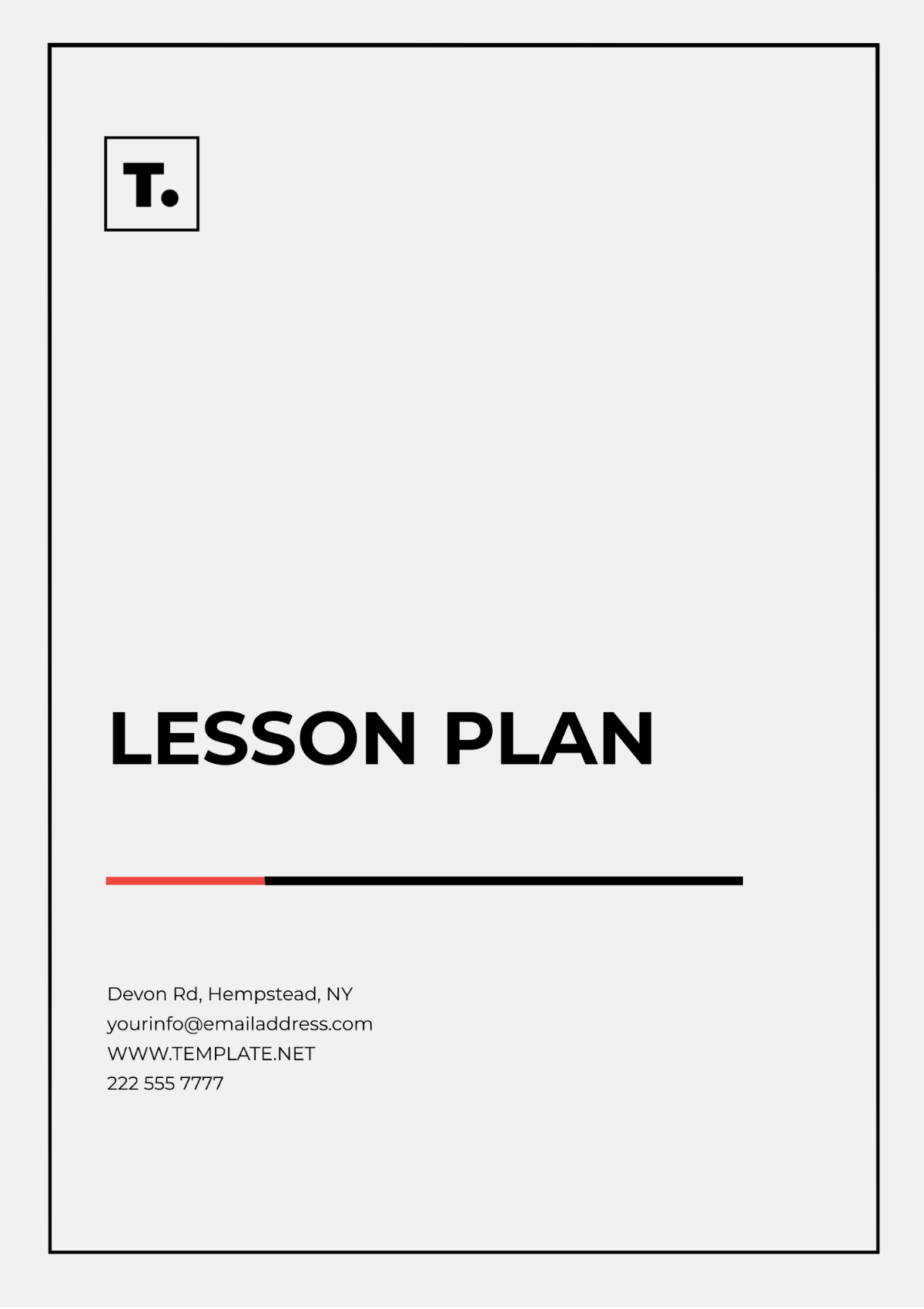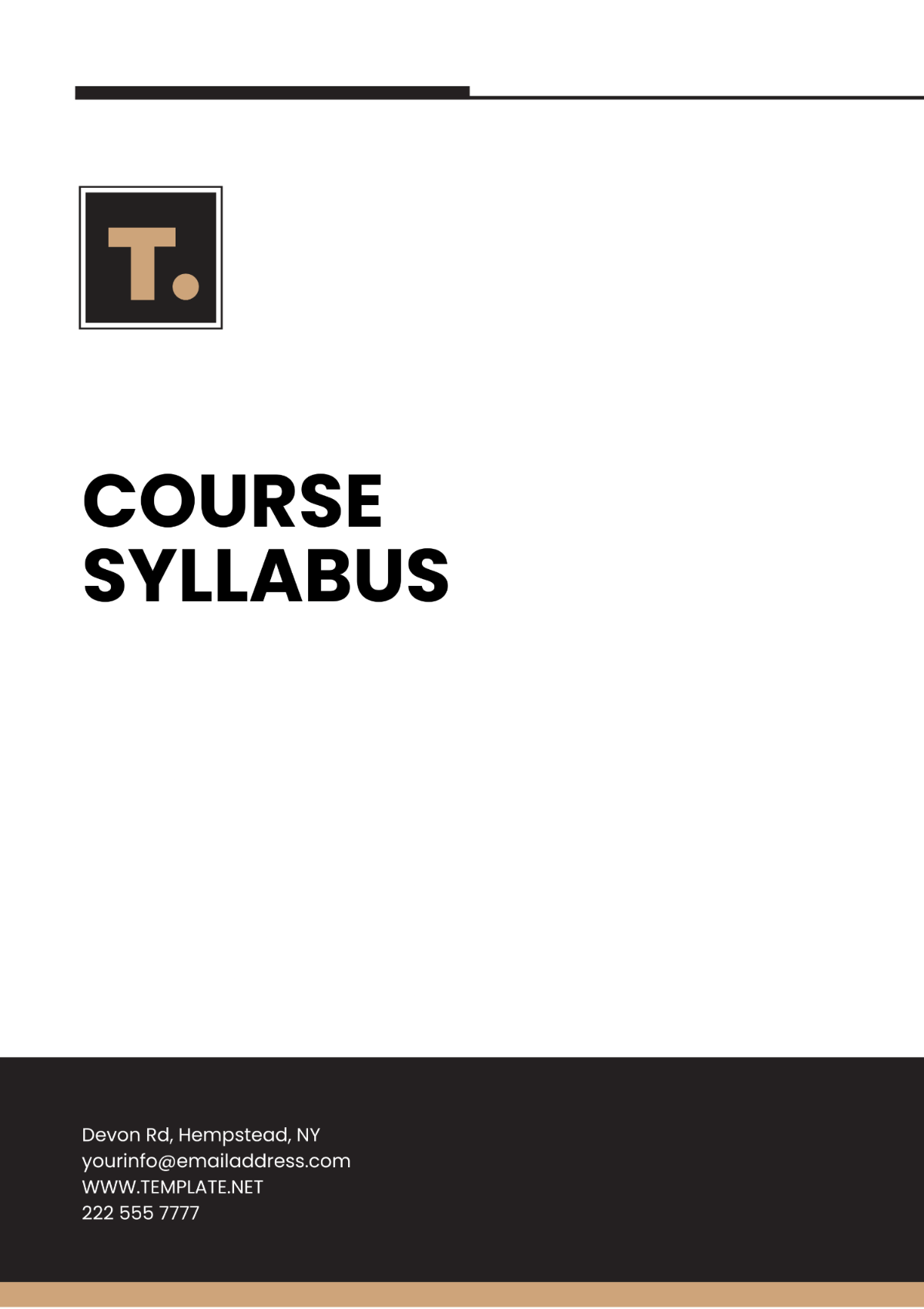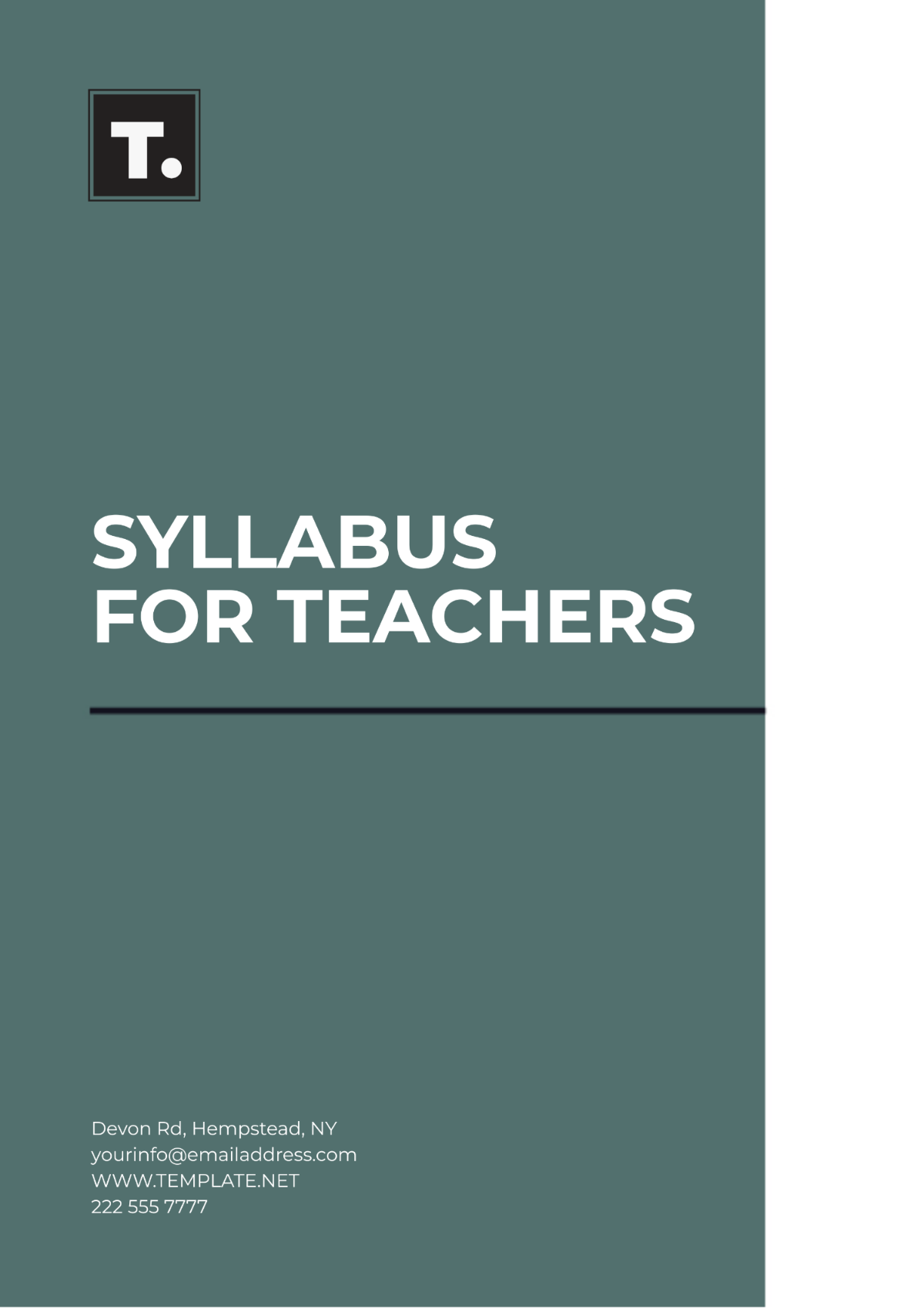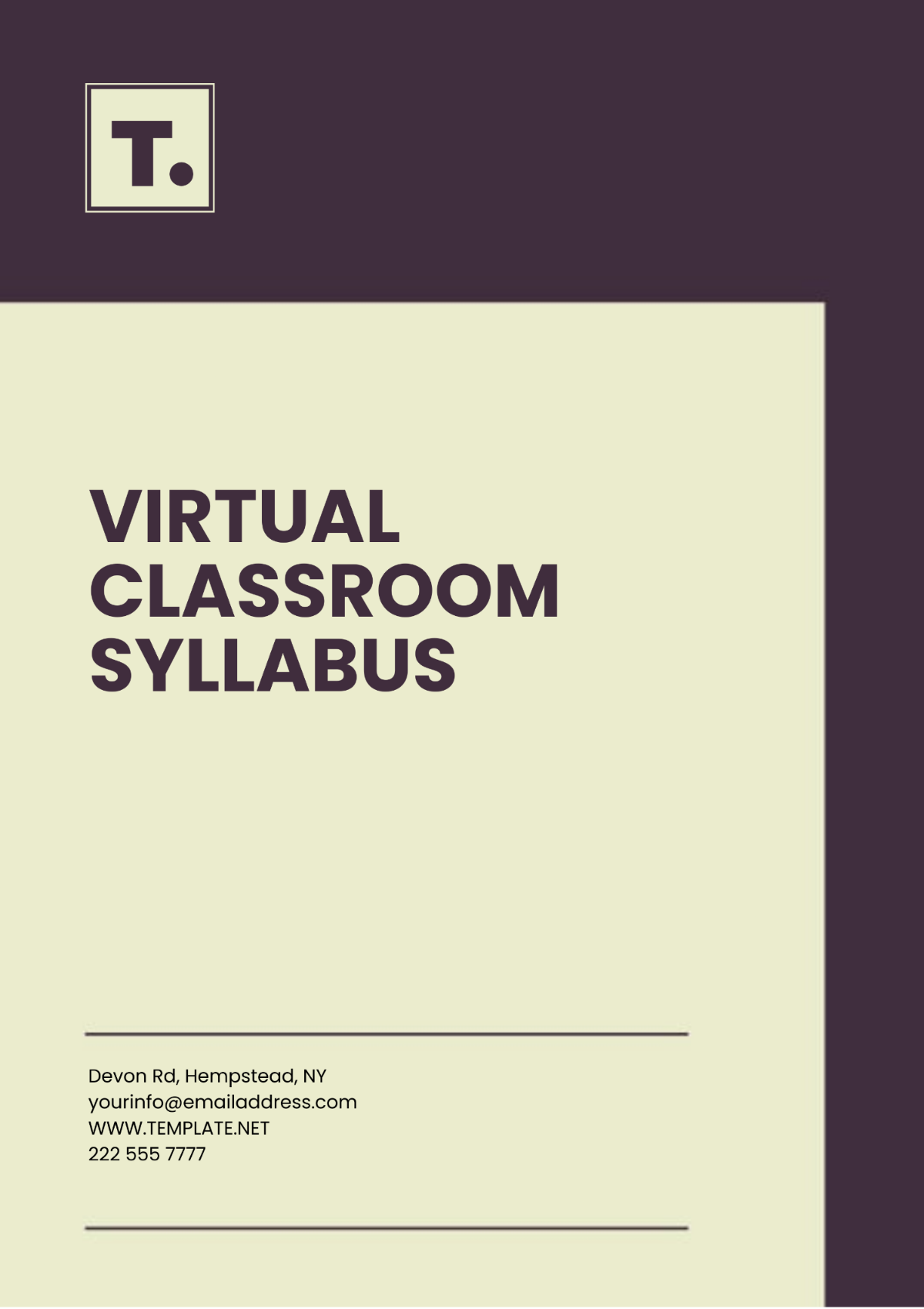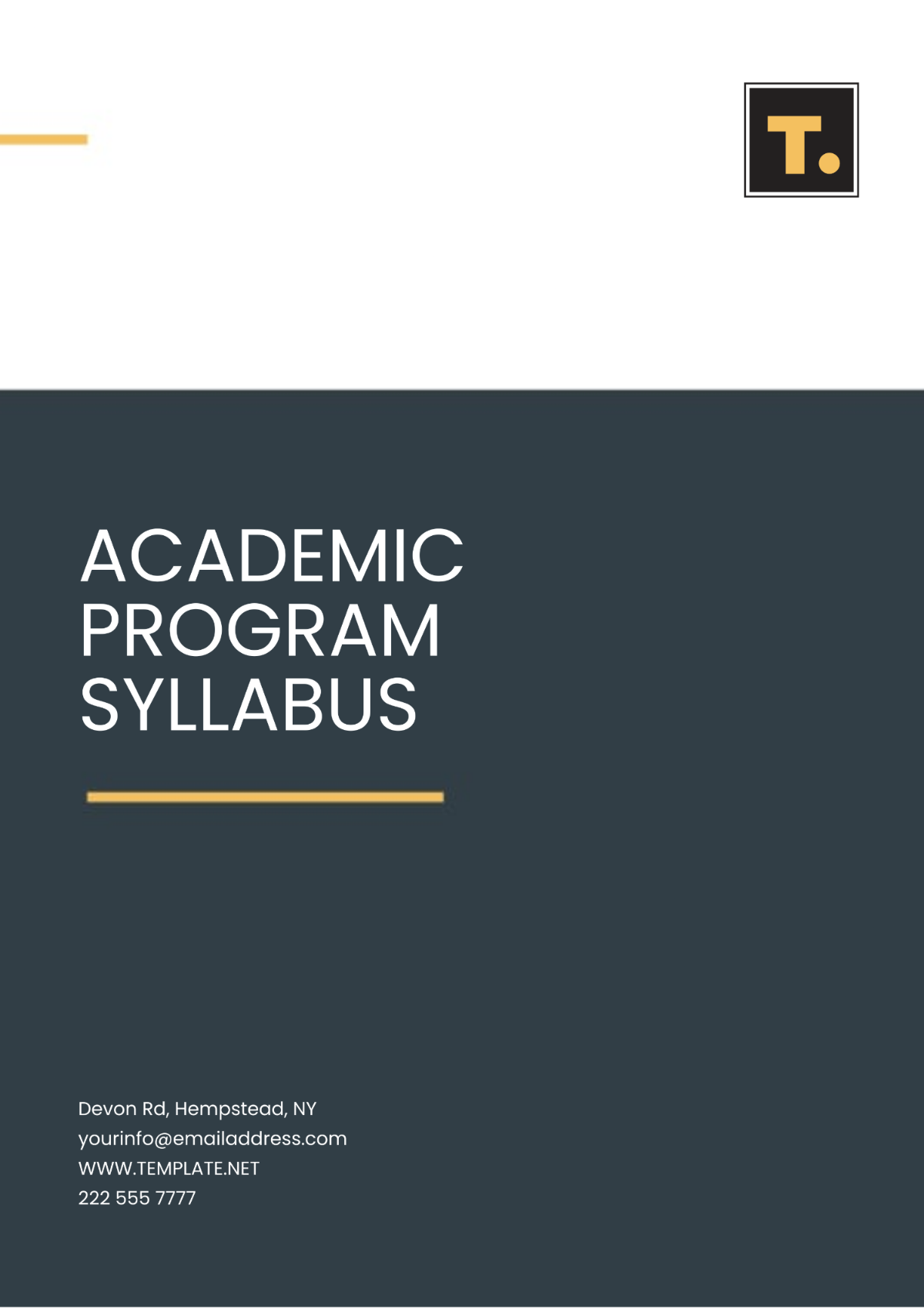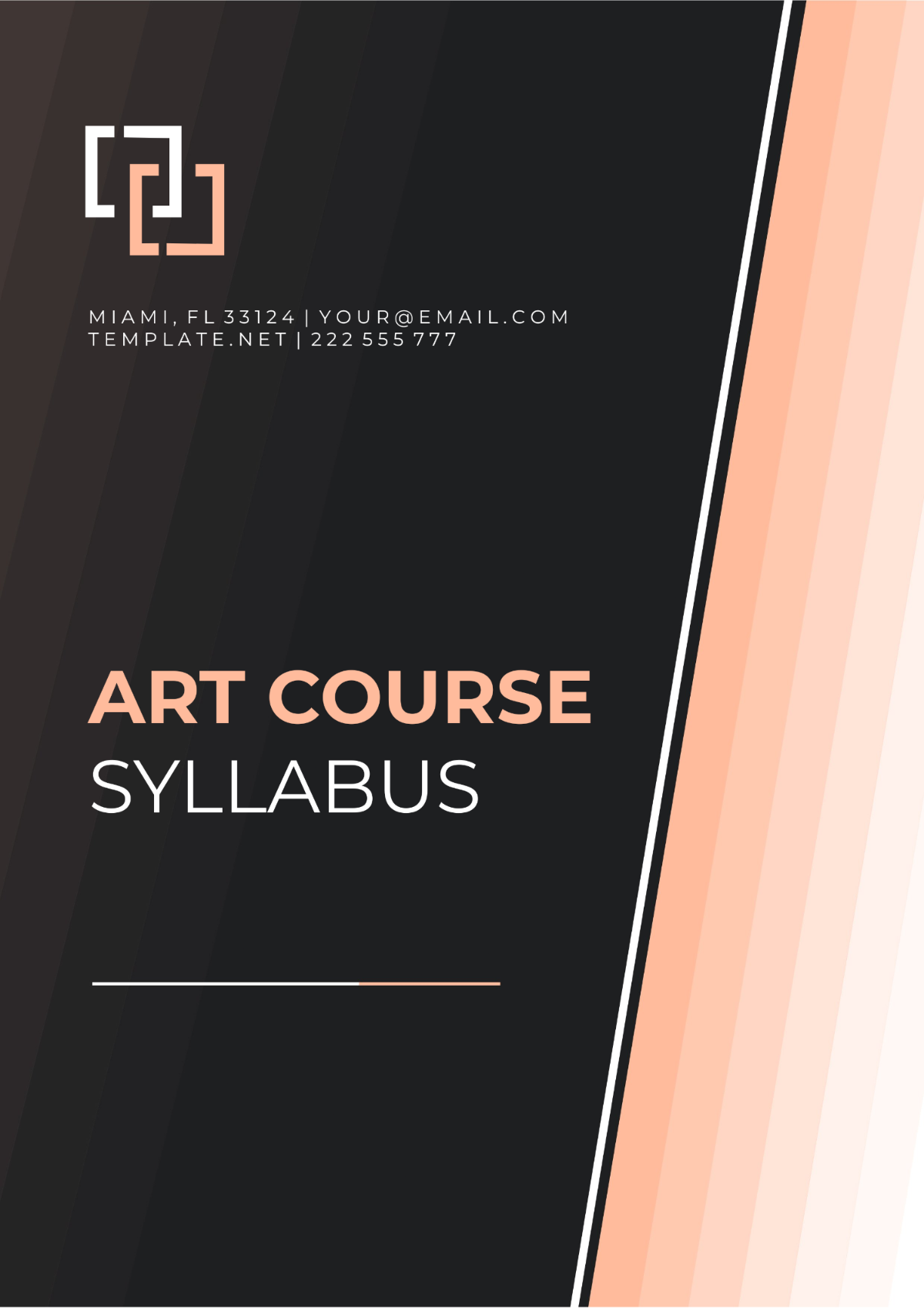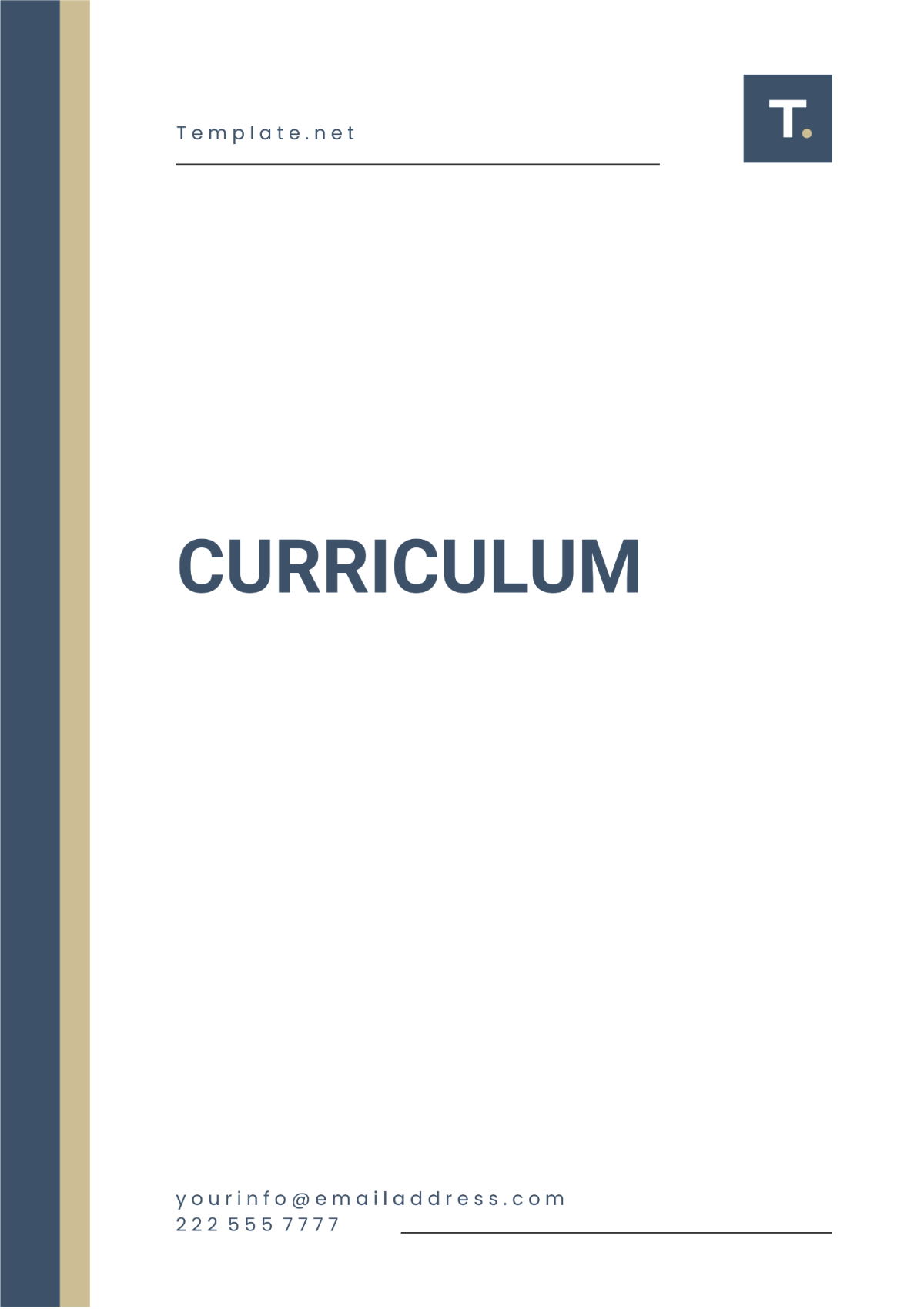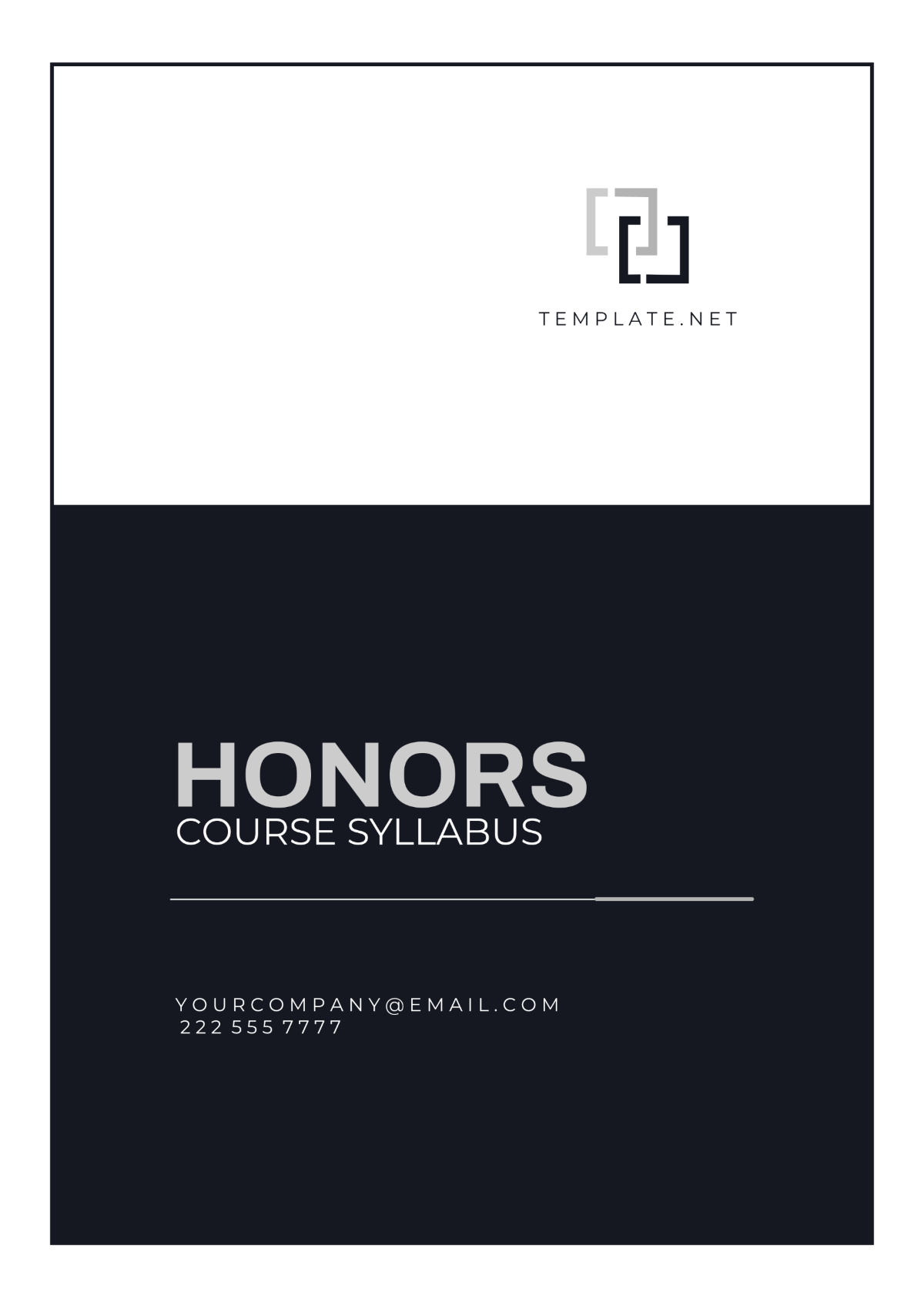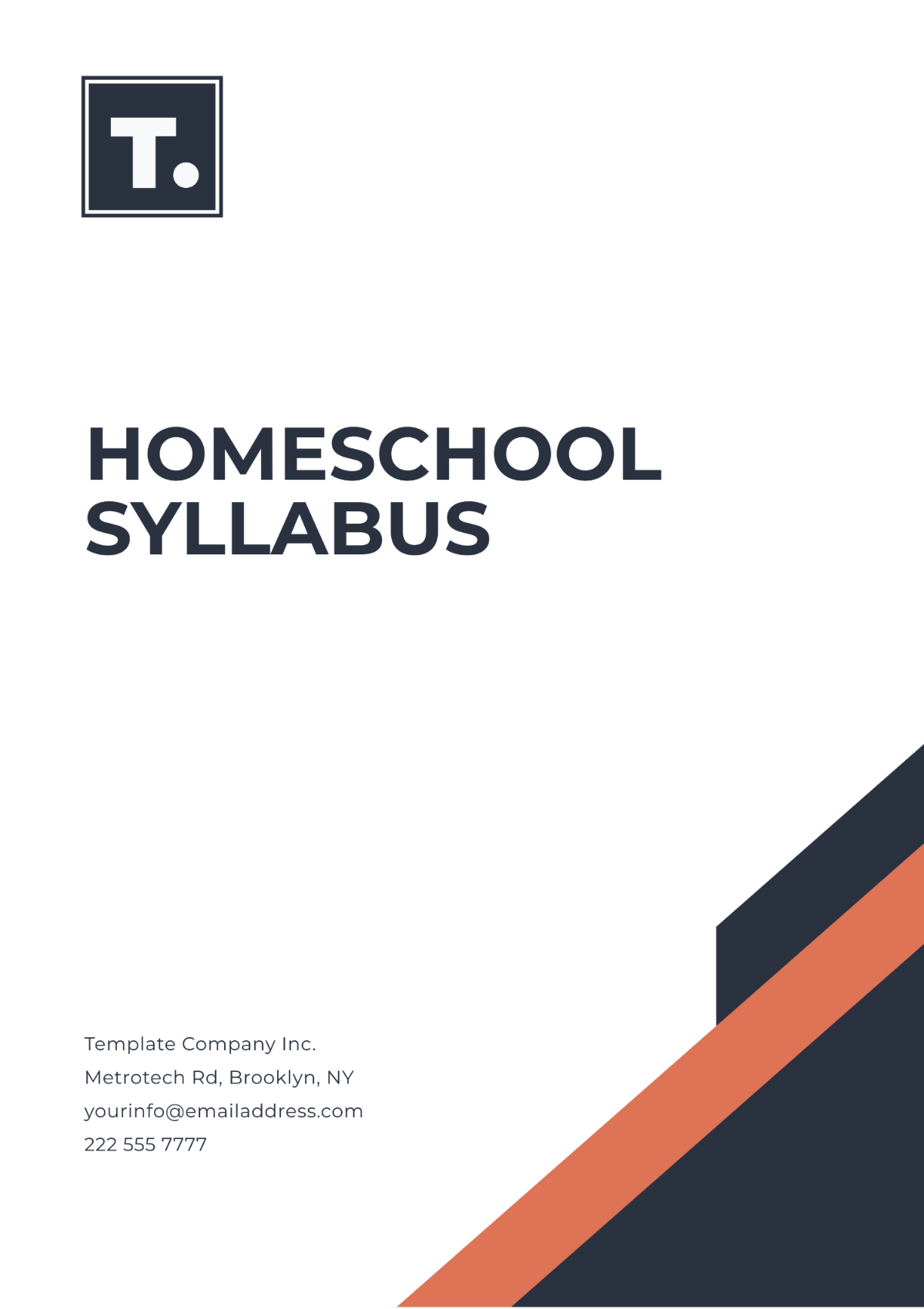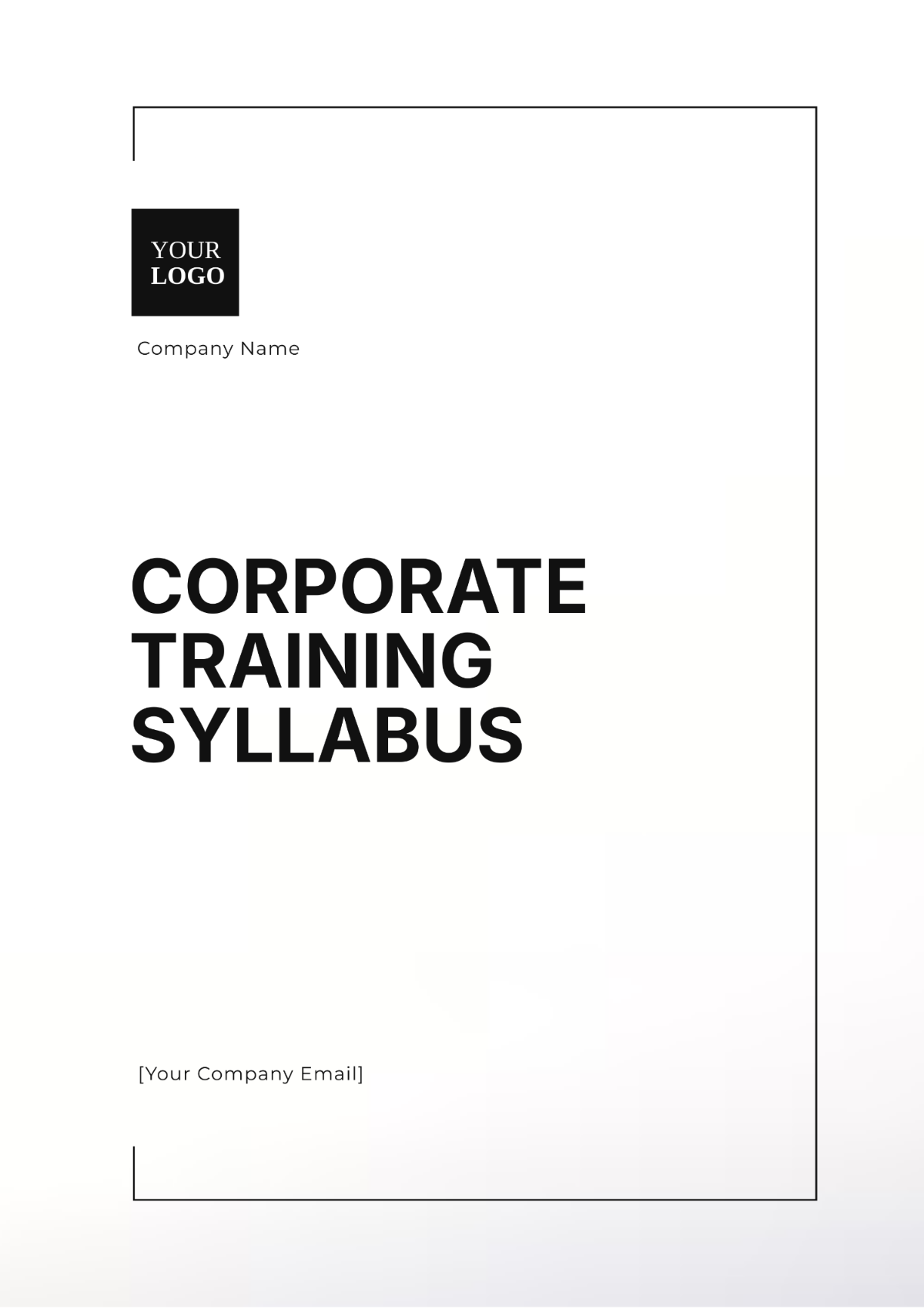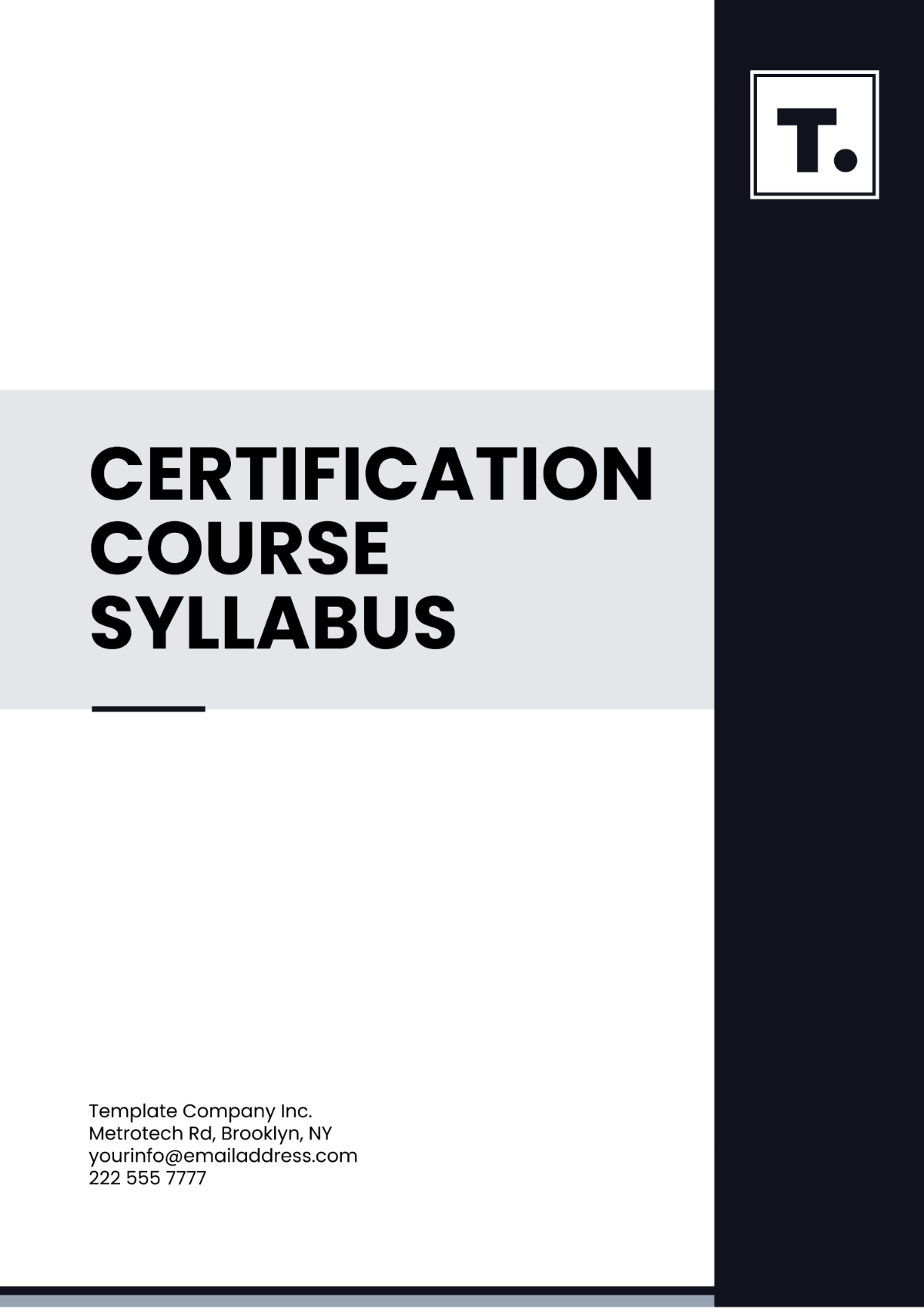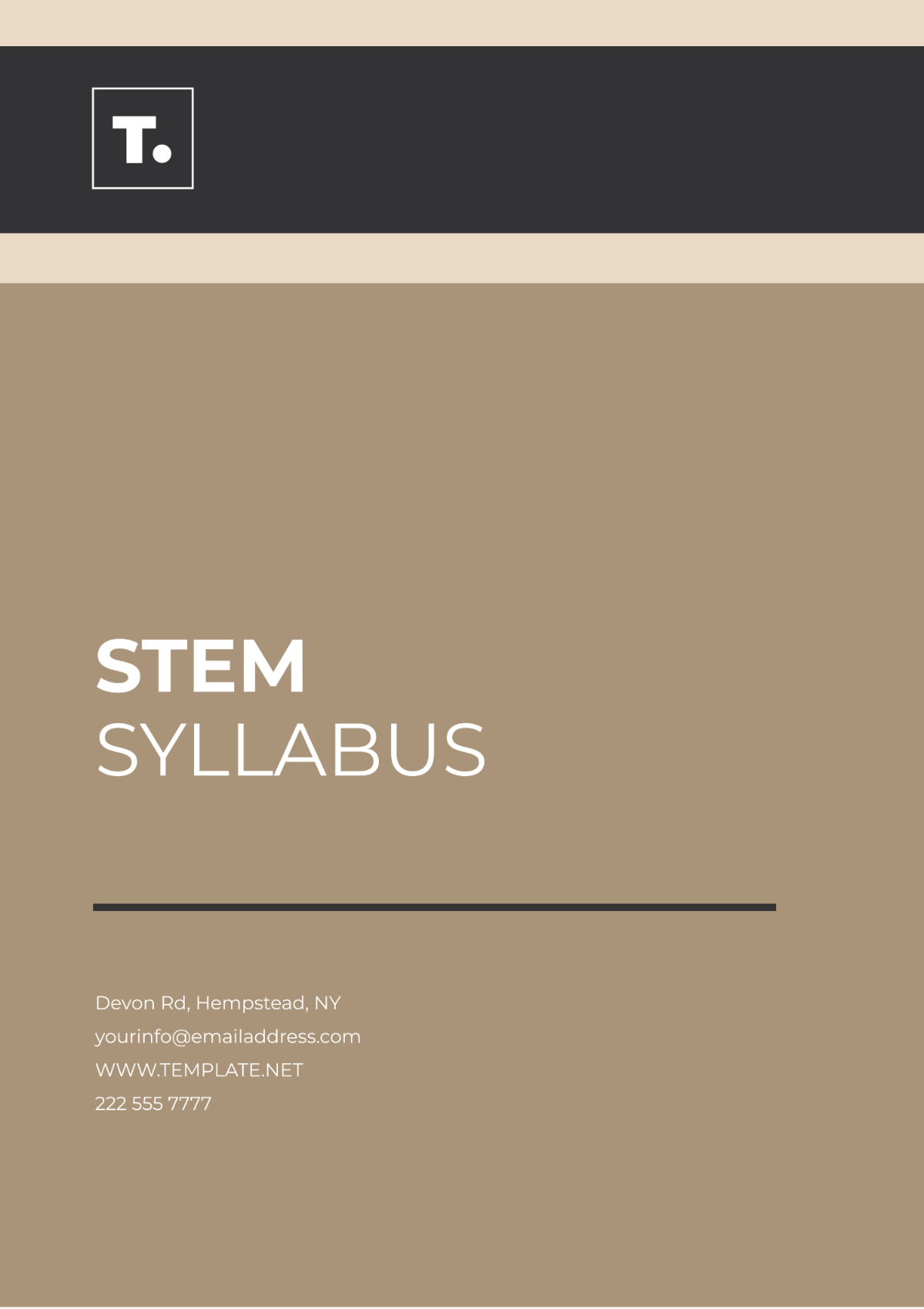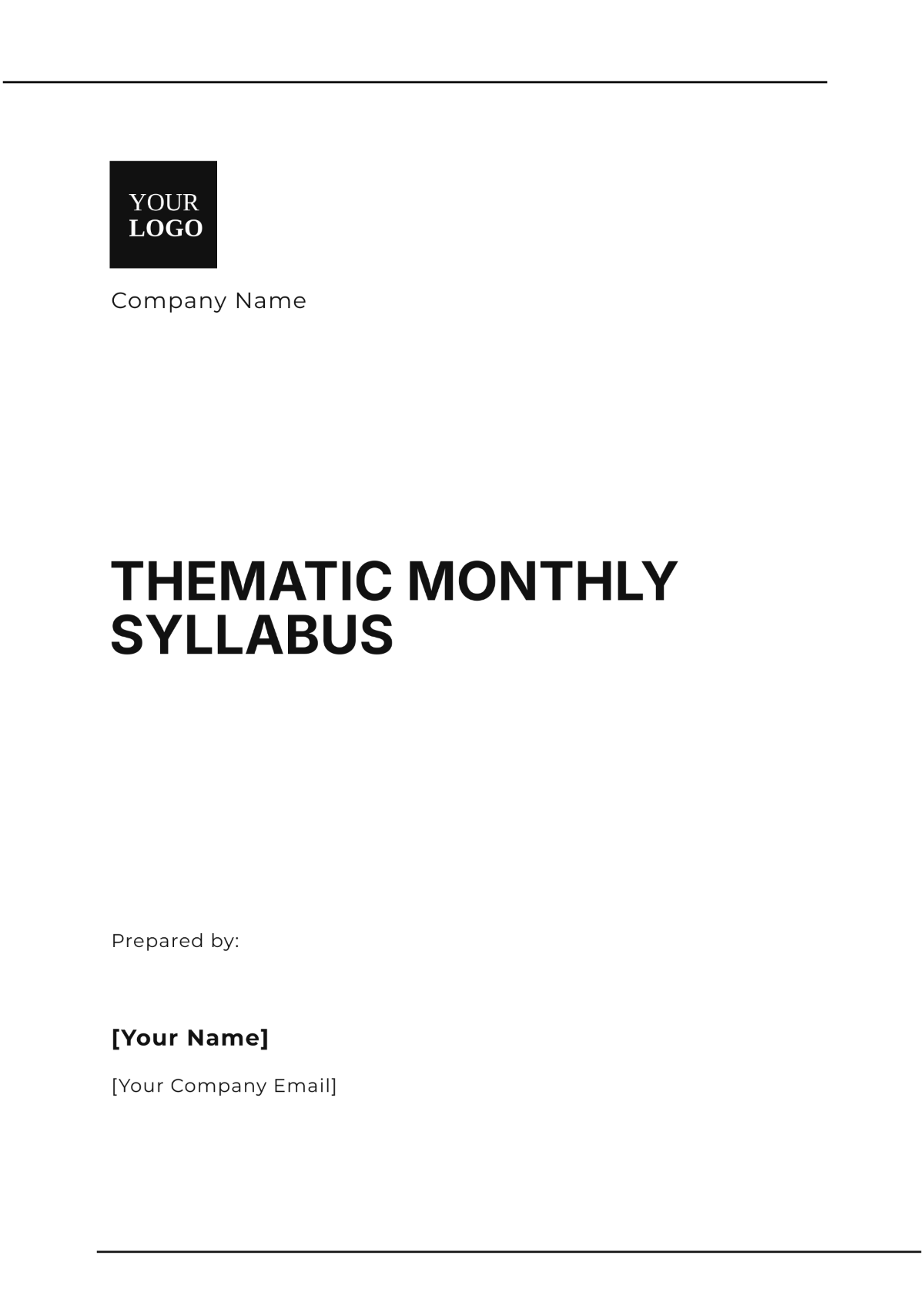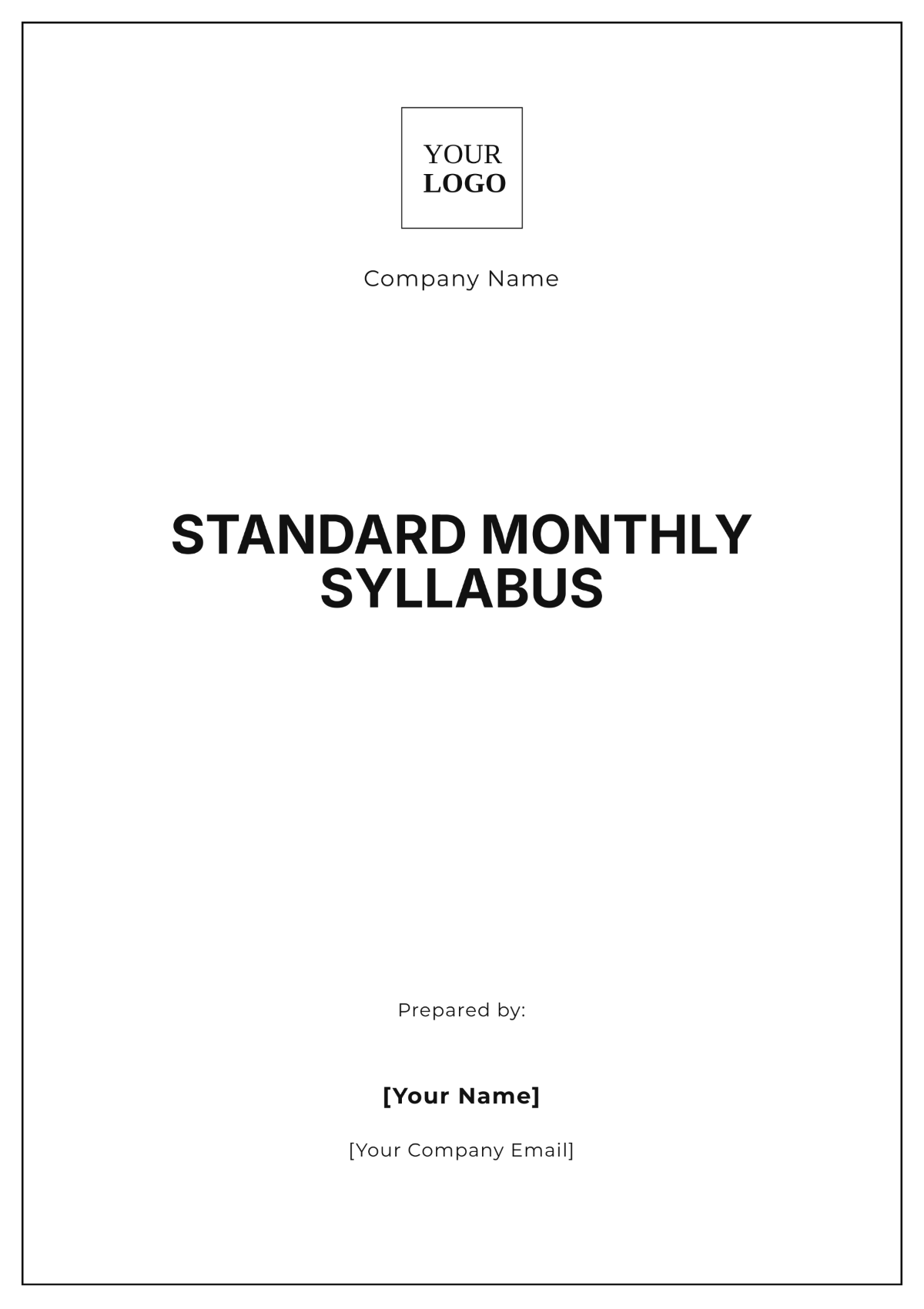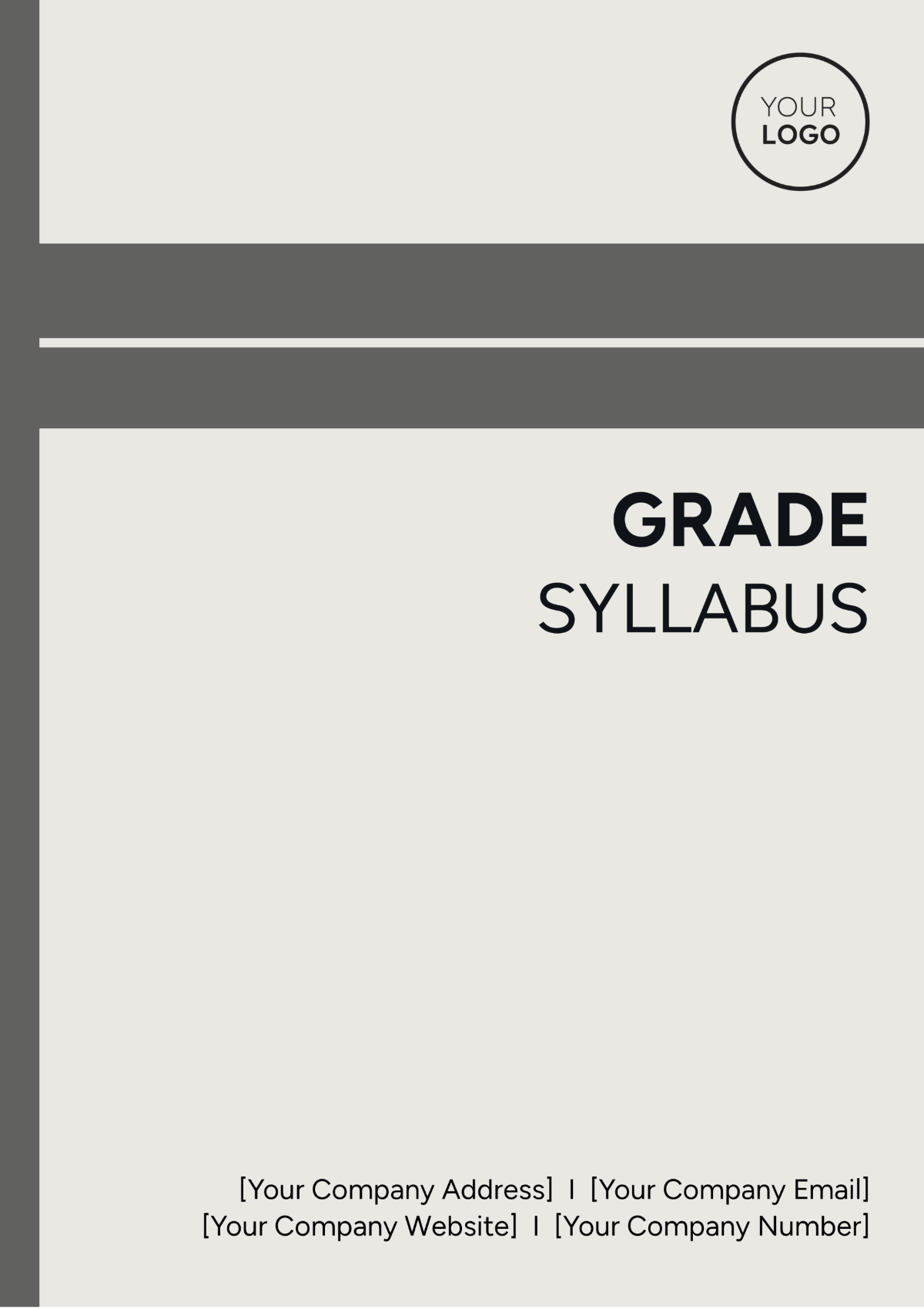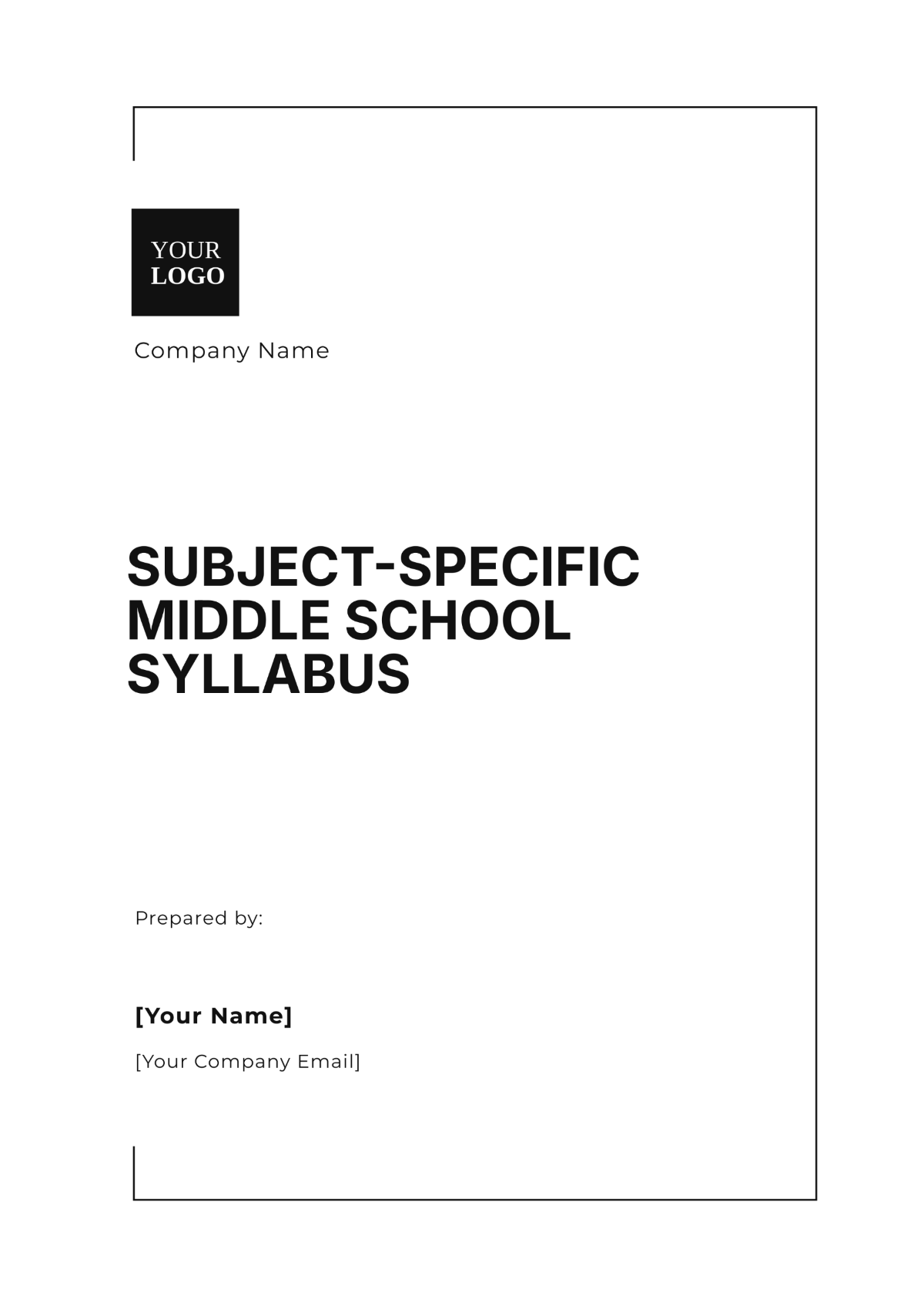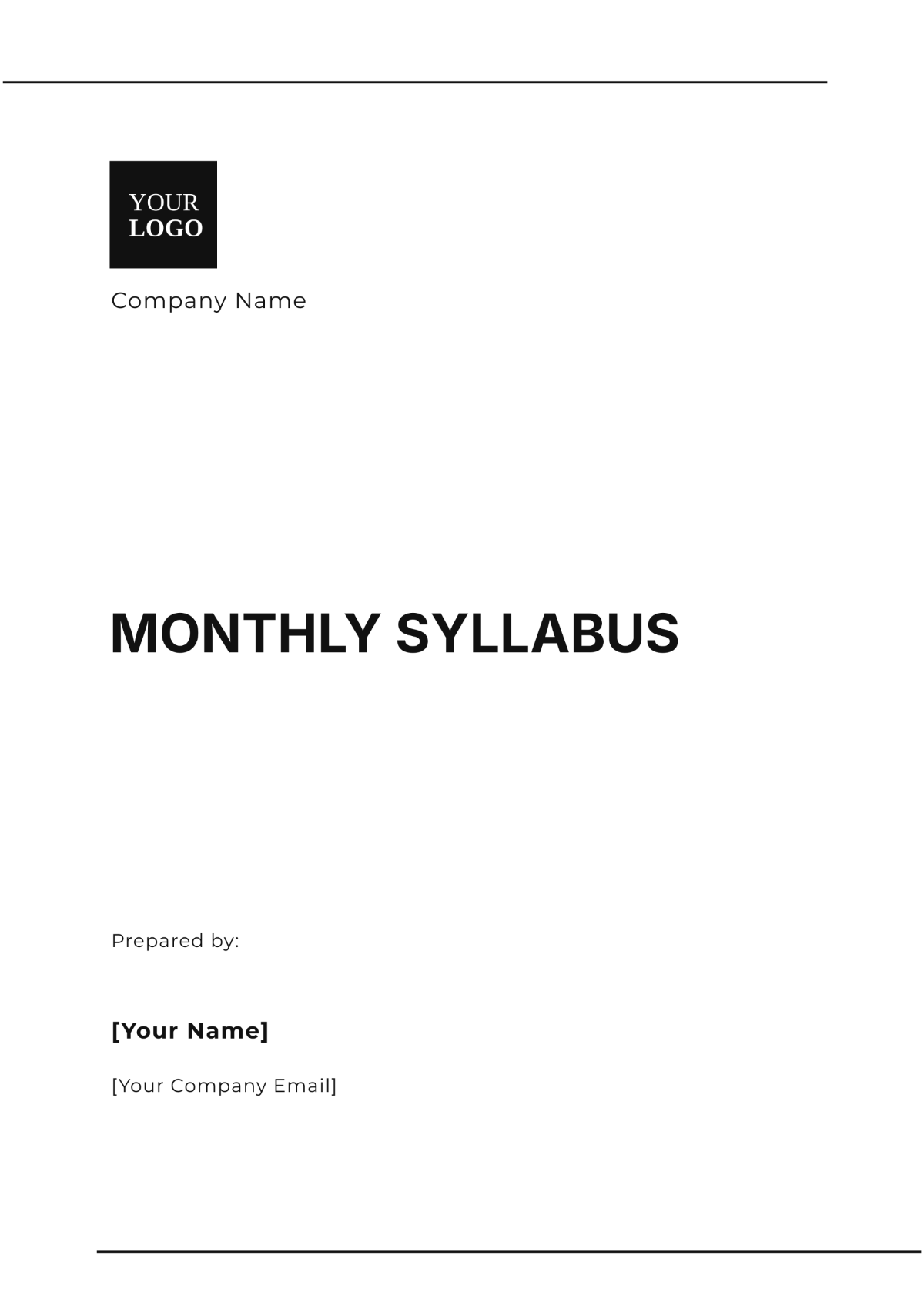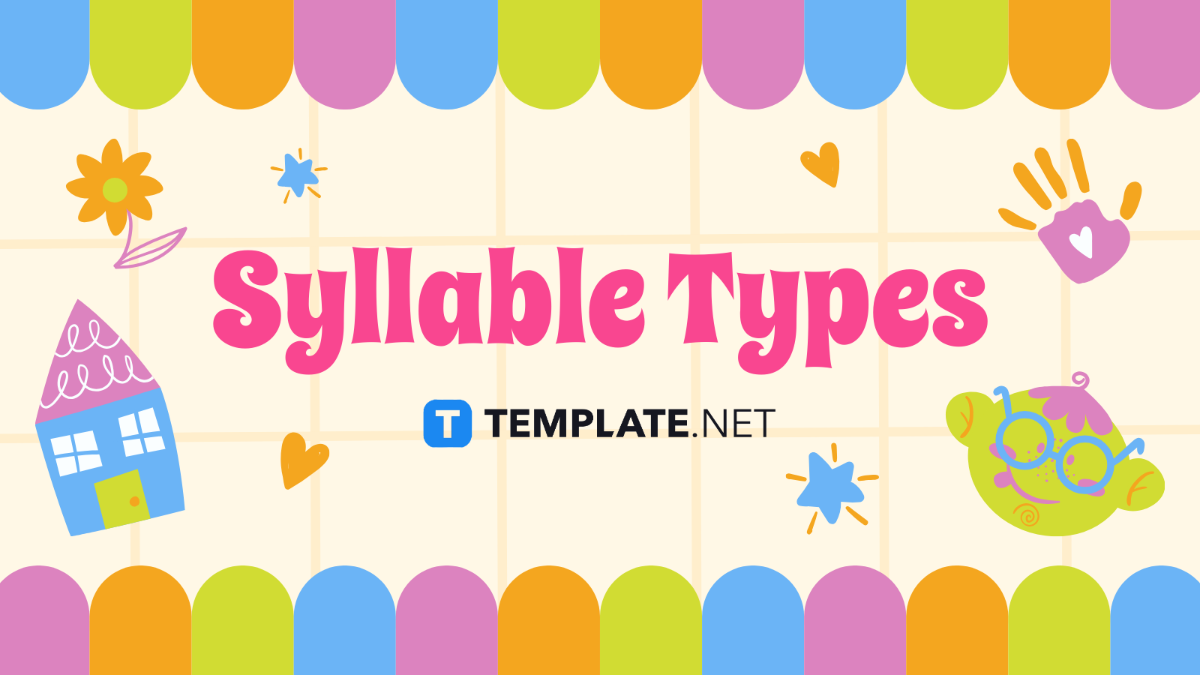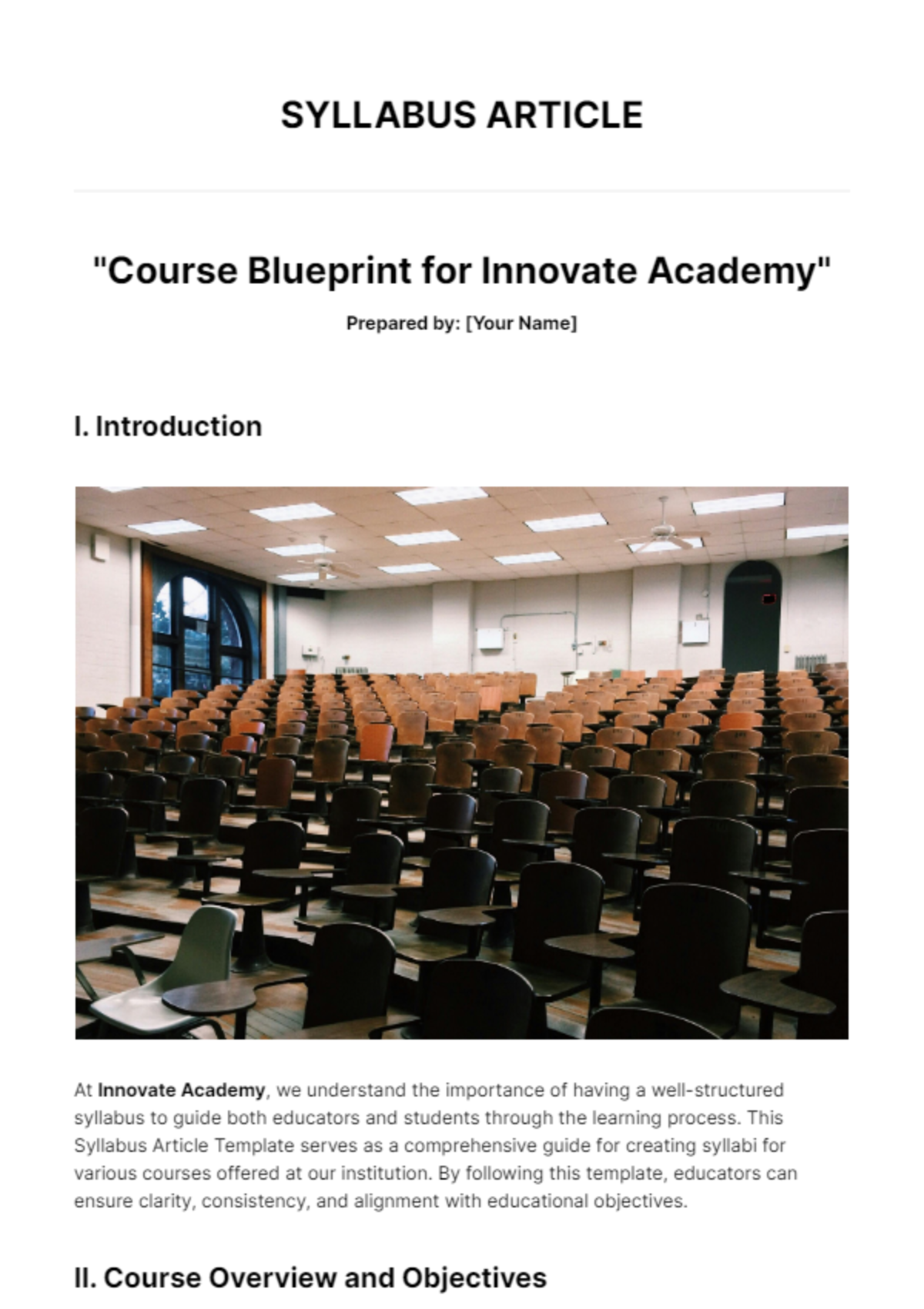Free Trigonometry Syllabus Template
Trigonometry Syllabus Summary
Trigonometry Course
Course Title | [COURSE TITLE] |
Course Code | [COURSE CODE] |
Office Hours | [OFFICE HOURS] |
Class Location | [CLASS LOCATION] |
Class Time | [CLASS TIME] |
Class Duration | [DATE] - [DATE] |
1. Course Description
This course, Trigonometry, seeks to introduce students to the fundamental concepts of trigonometry, inviting learners to explore different relationships in triangles, various applications, and problem-solving methods using trigonometric identities and equations.
2. Instructor Information
Course Instructor: [YOUR NAME]
Email Address: [YOUR EMAIL]
3. Learning Objectives
Understand and apply the basic principles and concepts of trigonometry.
Design solutions to real-world problems using trigonometric methods.
Identify and manipulate trigonometric identities and equations effectively.
Use technology to solve, model, and visualize trigonometric problems.
Demonstrate a comprehensive understanding of angle measure in degrees and radians.
4. Course Schedule
Week | Topics | Reading |
|---|---|---|
1-2 | Introduction to Trigonometry | Chapters 1-2 |
3-4 | Applying Trigonometric Methods | Chapters 3-4 |
5. Required Reading and Materials
Textbook: Trigonometry for the Applied Mind
Scientific Calculator
Geometry Set (including protractor)
Graphing Paper
Access to a computer with relevant trigonometry software
6. Assignments and Assessments
Weekly Homework assignments closely related to lecture topics.
Bi-weekly quizzes to insure understanding of concepts.
Midterm and Final Exams: Comprehensive tests covering all learned material.
Class Participation: Active engagement during class discussions is expected.
Project: A final project demonstrating understanding of trigonometric applications in real world.
7. Course Policy
Class attendance and participation are mandatory.
All assignments must be submitted by due dates. Late submissions will attract a penalty.
There is a no-tolerance policy for plagiarism and academic dishonesty.
Use of mobile phones in the class is strictly prohibited unless for academic purposes.
Disruptive behavior in the class will not be tolerated.
8. Grading Policy
The final grade for this course will be based on the following breakdown:
Assessment Component | Percentage |
|---|---|
Homework | 20% |
Quizzes | 20% |
Midterm Exam | 25% |
Final Project | 15% |
Final Exam | 20% |
Disclaimer
This syllabus serves as a guide for the overall course, providing pertinent details and information about its execution. Nevertheless, it is important to note that the contents of this syllabus are not rigidly fixed. Changes may be implemented at any point, although there will always be an effort to provide ample notice in advance prior to any modifications happening.
